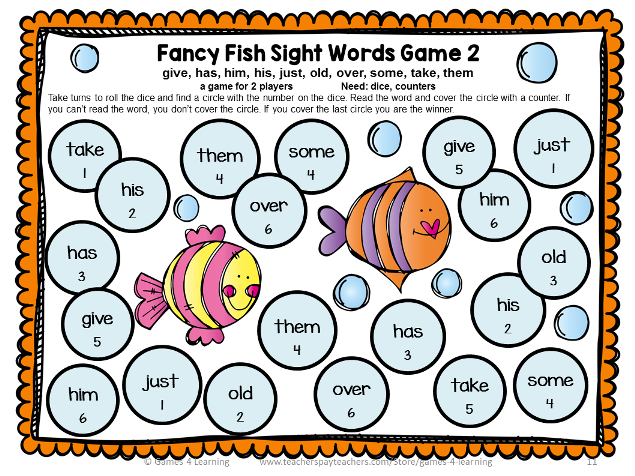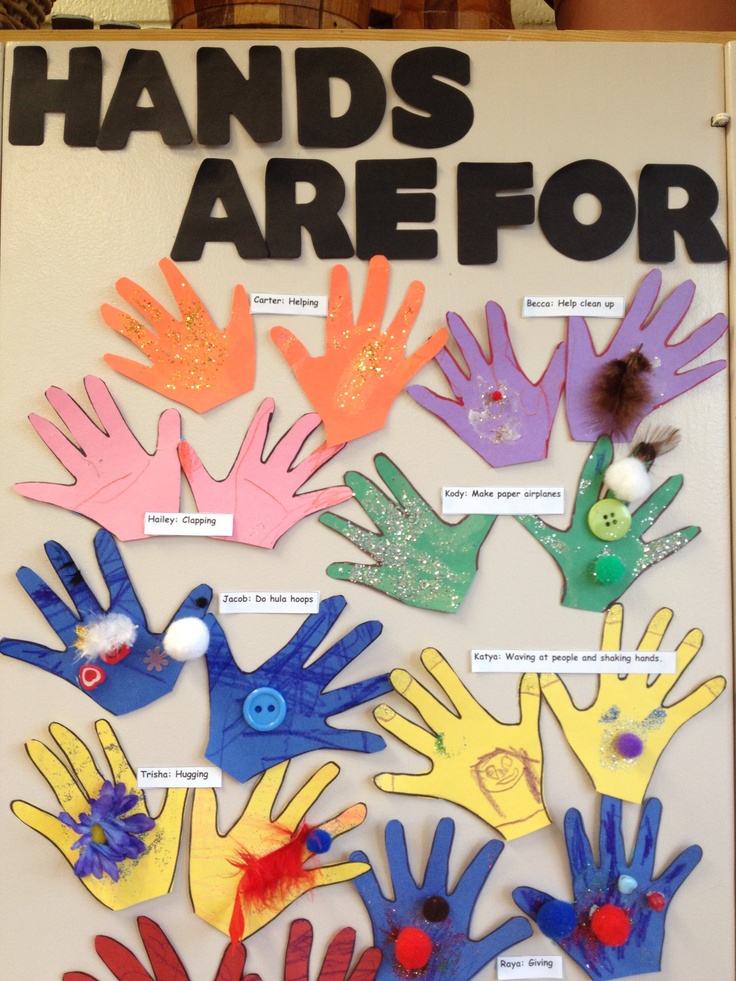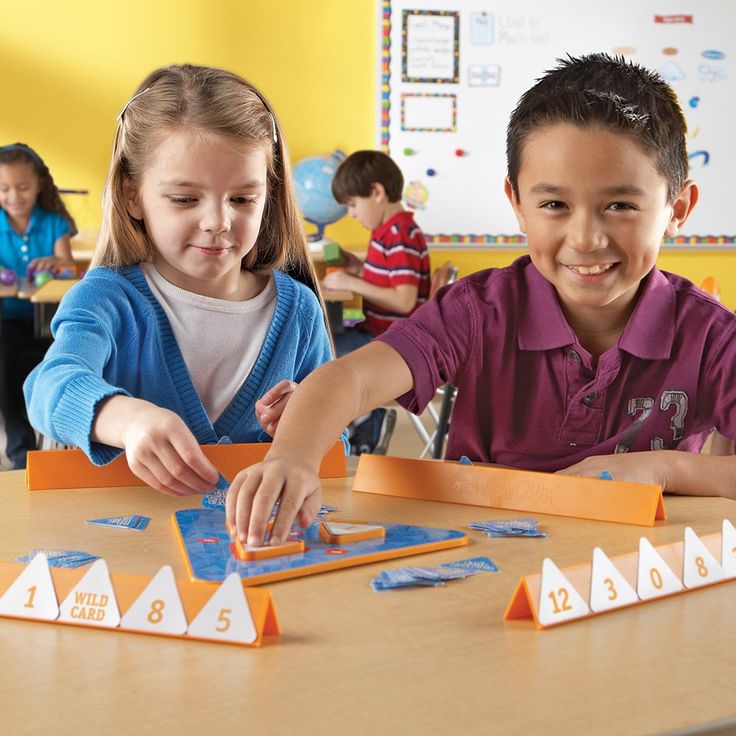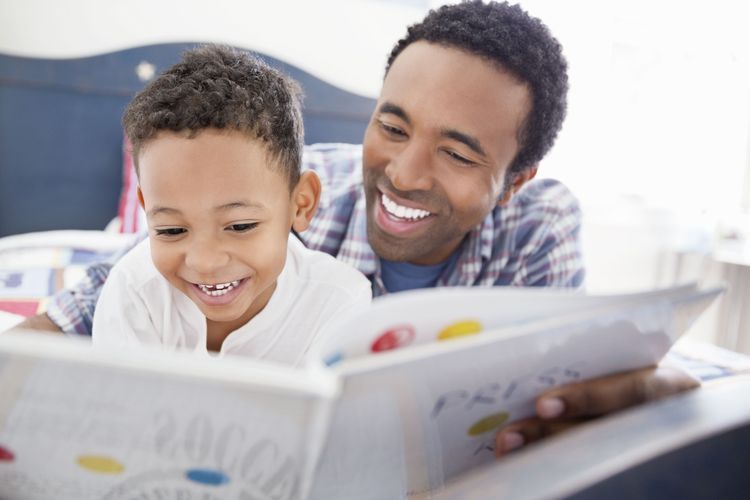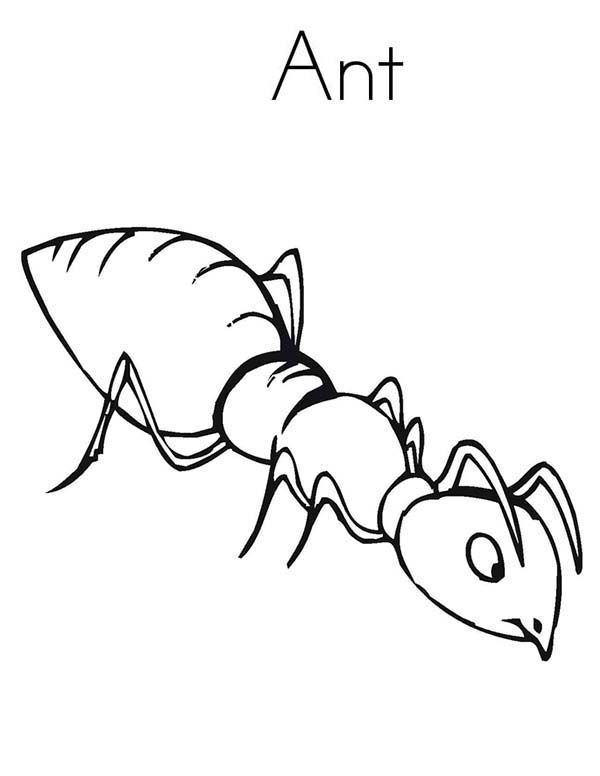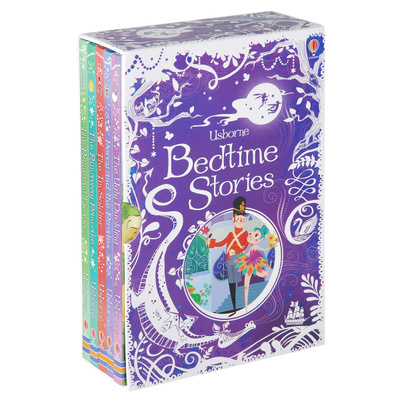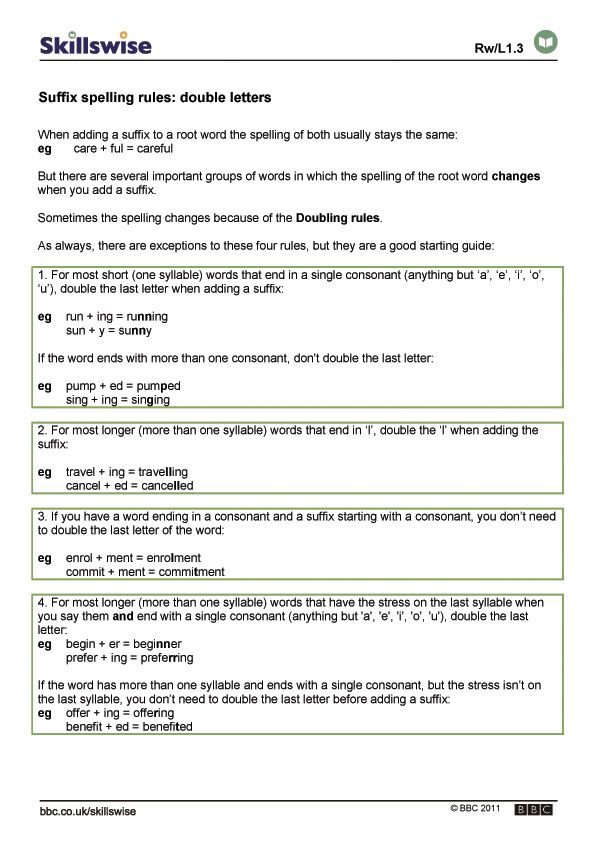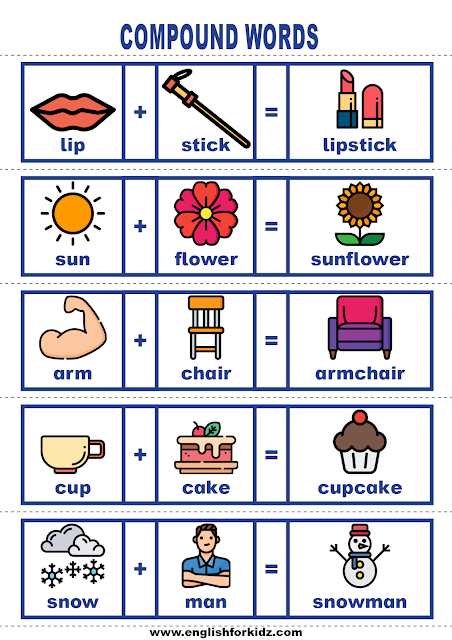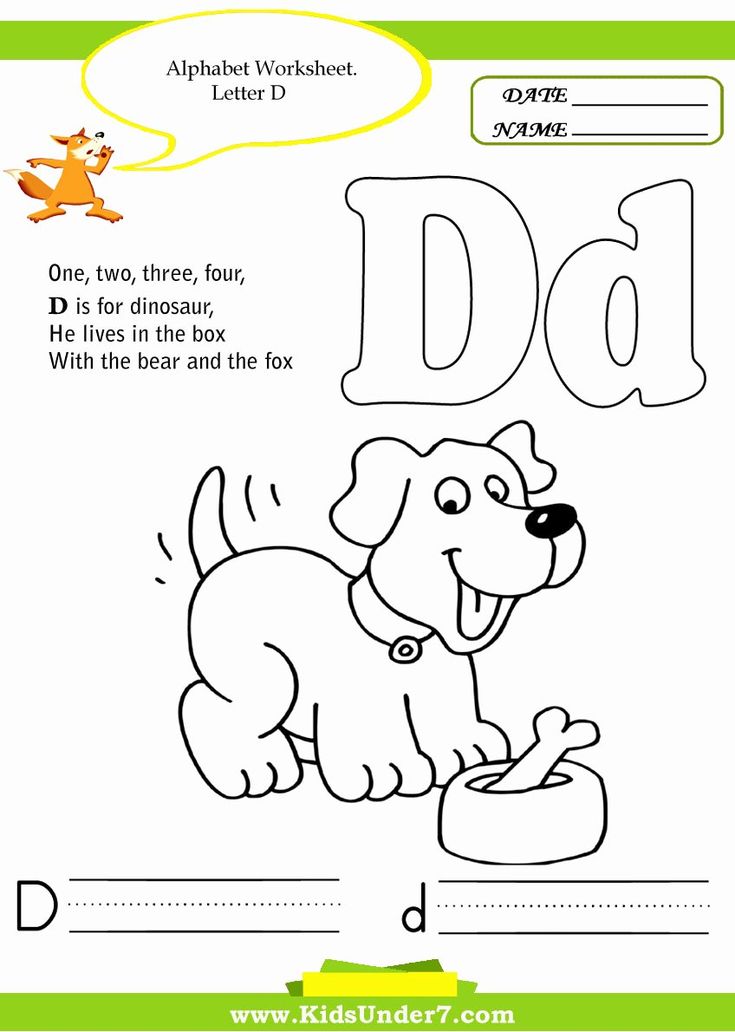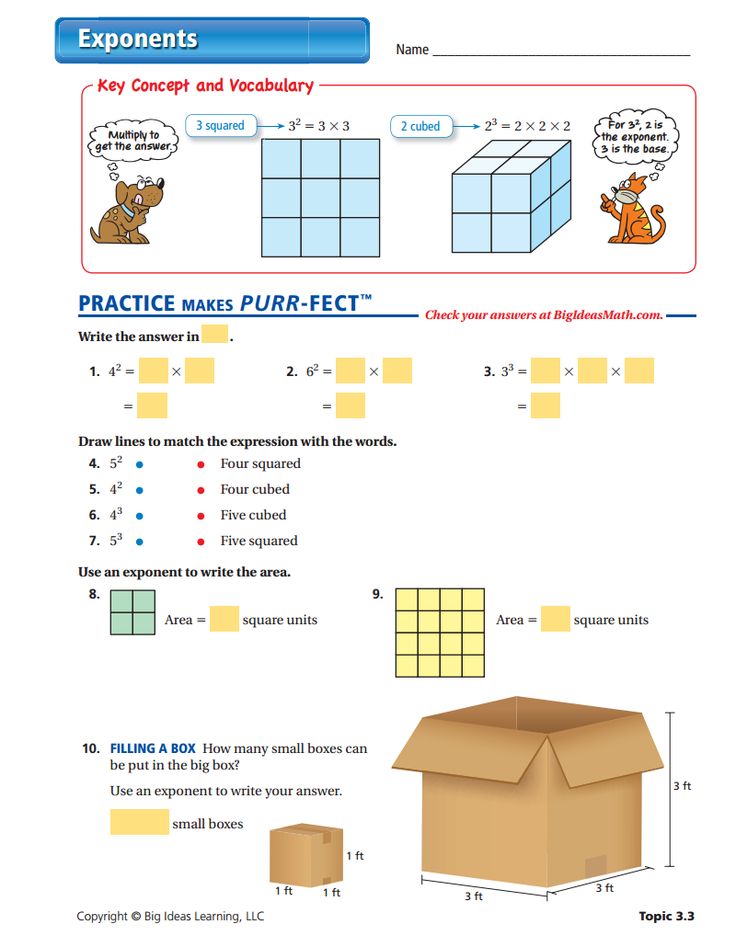Word games for 1st graders
20 Best Word Games for Kids Recommended by Teachers
English word games are a fun way to get kids to learn new vocabulary skills, sharpen their existing reading skills, and develop their writing skills all in one go. There are tons of fun games to help foster a love for language at a young age and teach them valuable literacy skills along the way.
Here is a look at 20 cool games that put a new twist on classic word games or introduce you to some new approaches to learning vocabulary skills.
1. Popsicle Words
This word game for kids is easy to set up. Simply write words across the 2 popsicle sticks of the same color and let kids match up the two halves of the sticks. Use colored sticks for young readers or one color to make it a bit more difficult.
Learn more: Good and Beautiful
2. DIY Wordle
Wordle is the online word game that has taken the internet by storm. Create custom wordles for kids using words they know or might be learning at school. This DIY version is quick and easy to use and a favorite educational game among learners.
Learn more: Wordle
3. Stop the Bus
This is a classic classroom game that can also be played at home with just a piece of paper. Kids get assigned a letter and must produce one word in each category starting with that letter. It is a game of speed so their language skills are truly out to the test and truly the easiest paper game to set up.
Learn more: ISL Collective
4. Online Hangman
Hangman is one of the best classic word games out there but this fun online version puts a new spin on it. The man is floating above a hungry monster and each incorrect guess pops one of his balloons, bringing him closer to his doom. Don't miss the chance to play this fun new version of one of the most popular word games of all time.
Learn more: Cool Math Games
5. Bananagrams
Bananagrams is a must-play word game for kids of all ages. It uses Scrabble-like letter tiles and players grab tiles and form words. Adding the element of time really puts their spelling skills and concentration skills to the test.
Learn more: Triple S Games
6. Make a Wordsearch
Create a custom word search for kids using words from their in-class theme or that link to a theme at home. You can even throw some silly words in the mix to make it more difficult or add their names for a fun surprise. This classic paper-based puzzle game remains a firm favorite word game.
Learn more: Discovery Education
7. Storytelling Game
Storytelling games are a great way for kids to use their spoken word skills.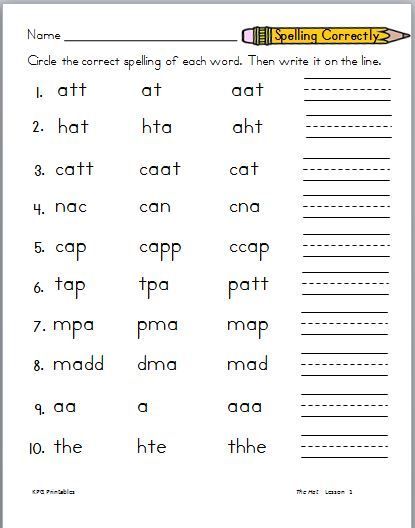 A spinner or story dice will give prompts for the story and dictate which direction it must go in. Kids can only use one word or one sentence at a time in this conversational game, forcing them to think quickly and creatively.
A spinner or story dice will give prompts for the story and dictate which direction it must go in. Kids can only use one word or one sentence at a time in this conversational game, forcing them to think quickly and creatively.
Learn more: The Colorful Apple
8. Wordicle
This should be a new addition to family game night as Wordicle combines a card game and a dice game to form the ultimate educational board game. Players roll the dice for random letters and use the letters on the cards in their hands to make the highest scoring word possible.
Learn more: UI School Supply
9. Toss the Balloon
To start this sight word game, write a collection of words on a balloon.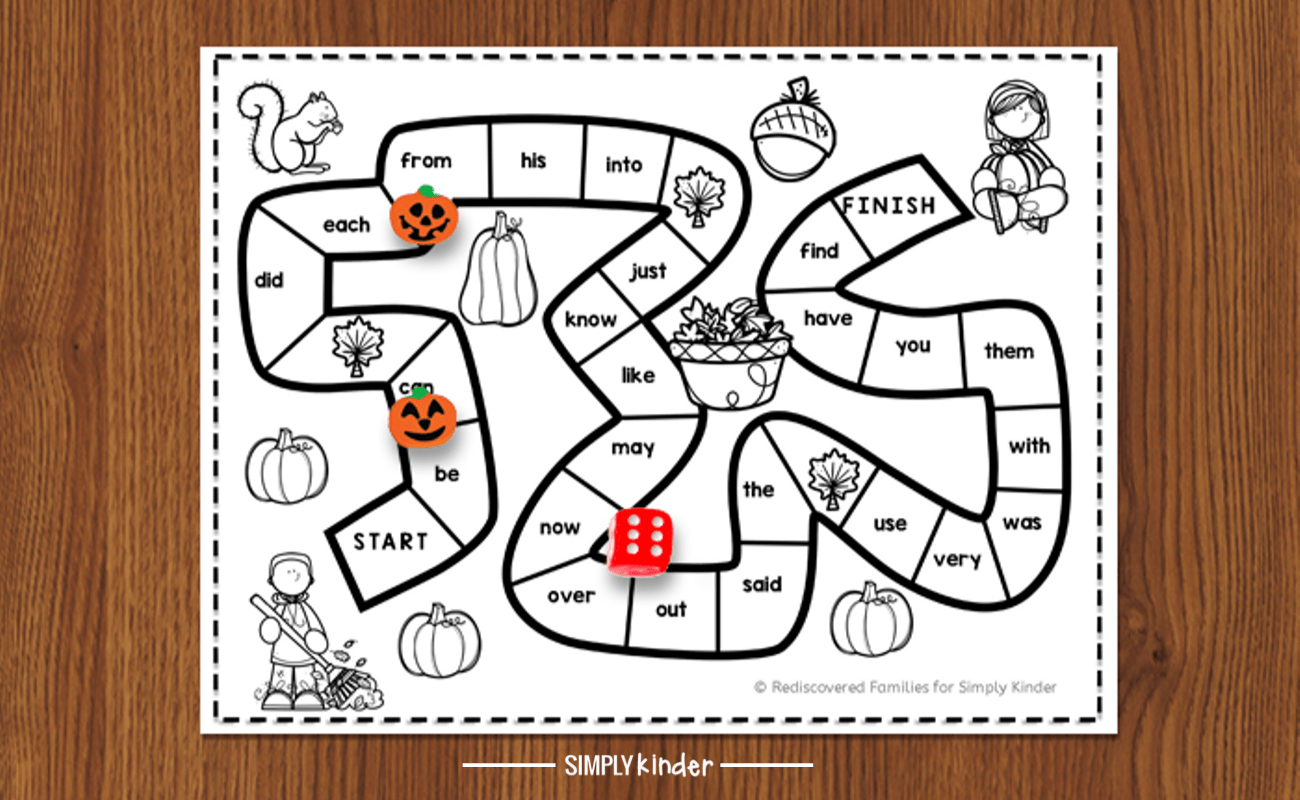 Toss the balloon in the air and let your child catch it. Whichever word is facing upwards should be read out loud and used in a sentence. Prompt kids who can write to write the words on the balloon themselves. This fun vocabulary game will have kids jumping for joy as they try to catch the balloon.
Toss the balloon in the air and let your child catch it. Whichever word is facing upwards should be read out loud and used in a sentence. Prompt kids who can write to write the words on the balloon themselves. This fun vocabulary game will have kids jumping for joy as they try to catch the balloon.
Learn more: Gift of Curiosity
10. Word Connect
Word Connect is a fun spelling game that kids can play online. Simply connect the letters in the circle to create words using the same letters. Each level adds one more letter to the circle increasing the game difficulty. This game for kids helps build kids' vocabulary as they discover new arrangements for the same letters.
Learn more: Mindgames
11. The Minister's Cat
This classic game was a popular parlor game but can still be played to teach kids all about adjectives. Each player recites the phrase "The minister's cat is a ..." and adds an adjective to describe the cat, moving along the alphabet. An adorable cat, a bouncy cat, a cool cat, and so on. This is a great way to work on listening skills and memory skills as they cannot repeat words and hone alphabet skills as they should determine which letter to use next.
An adorable cat, a bouncy cat, a cool cat, and so on. This is a great way to work on listening skills and memory skills as they cannot repeat words and hone alphabet skills as they should determine which letter to use next.
Learn more: Wild Billy
12. Hink Pinks
This fun word game for children is all about rhyming. One player must think of a rhyming phrase like "flat hat" or "wet pet". They should then use another phrase to describe it like "smashed fedora" or "soaked dog". It is up to other players to guess the rhyming 2 words.
Learn more: Hub Pages
13. Boggle
Boggle is a fun and educational game that has unlimited replayability. This handy online version allows you to play this challenging word game without buying the board game and is always handy on a mobile device.
Learn more: Wordshake
14. Blurt
Blurt is a fun new board game, perfect for players who always feel the need to blurt out an answer.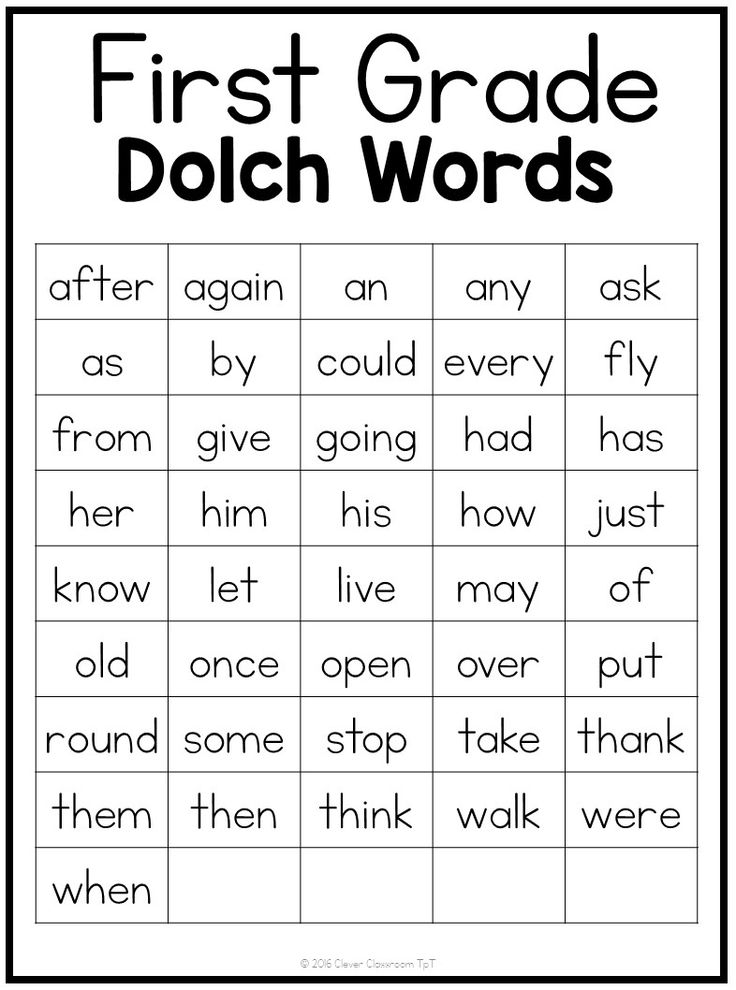 One player reads out a description from a card and other players need to blurt out the word in question. Correct guesses will move you forward on the game board.
One player reads out a description from a card and other players need to blurt out the word in question. Correct guesses will move you forward on the game board.
Learn more: The Dice Tower
15. Codenames
When it comes to word-based board games, few are as popular and well-known as Codenames. Players must call out a word that connects to one or more of the words on the playing cards. Their team must guess the word without accidentally guessing words assigned to the opposing team. This fun online version is free and lets kids play on their own too.
Learn more: Codenames
16. Sight Word Candyland
If you already own the Candyland board game, this adaptation is the perfect simple word game for your kids. This game works on literacy skills and minimizes screen time simultaneously and all you need to do is print out these free game printables. There are also cards for different grade levels so kids of many ages can play together, making it the perfect game for family time.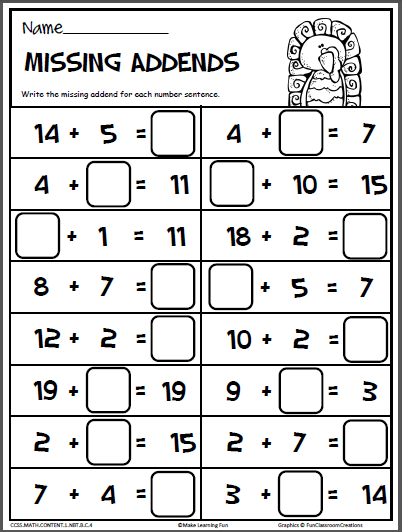
Learn more at 123 Homeschool 4 Me
17. Sight Word Splat
A couple of fly swatters quickly turn a normal sight word game into a very competitive word game. Write words on papers, laminated cards, or sticky notes, and let kids slap them with their fly swatters as you call them out. It is guaranteed to be a lively game as kids rush to show off their fundamental reading skills.
Learn more: You Clever Monkey
18. Silly Sentence Jenga
Write parts of a sentence on some Jenga blocks and let kids build sentences as they pull the pieces out in a hilarious game of Jenga. This printable word list will give you a good foundation for the game or you can replace them with your own words according to a theme or what your children like to learn about.
Learn more: Childhood 101
19. Secret Words
This vocabulary game for kids is great for language development. Print out cards that spell out a word using simple pictures to spell out a word.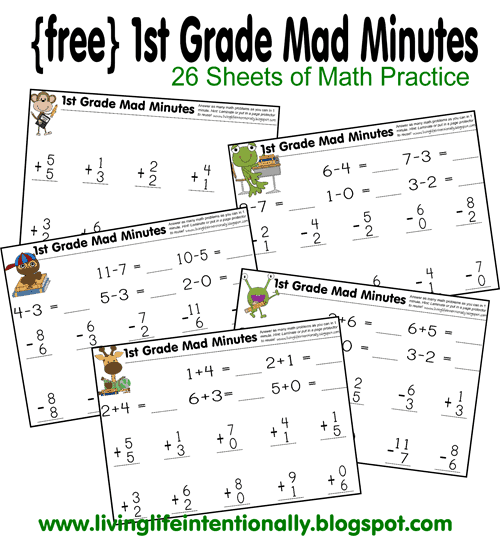 An apple would represent an "a" and a ball will represent a "b" for example. Kids can use magnetic letters, letter blocks, or scrabble tiles to decipher the secret words.
An apple would represent an "a" and a ball will represent a "b" for example. Kids can use magnetic letters, letter blocks, or scrabble tiles to decipher the secret words.
Learn more: Fun Learning For Kids
20. Word Hunt
Even the most reluctant learner will love going on a word treasure hunt. Put some sticky notes all over the house with words printed on them. Give kids a square grid with the matching words written in each block. Kids must find the sticky notes and complete their grid to win the game.
Learn more: Walking By The Way
36 Fun Word Games for Kids To Help with Vocabulary & Literacy
If kids (and some adults) had it their way, they'd play games all day. Fortunately, fun word games — targeted toward growing literacy — can help a lot when it comes to developing kids' reading and writing skills.
As they play, kids can grow their vocabulary by pronouncing and learning to spell each new word. You'll notice their confidence increases and its positive effect on their schoolwork.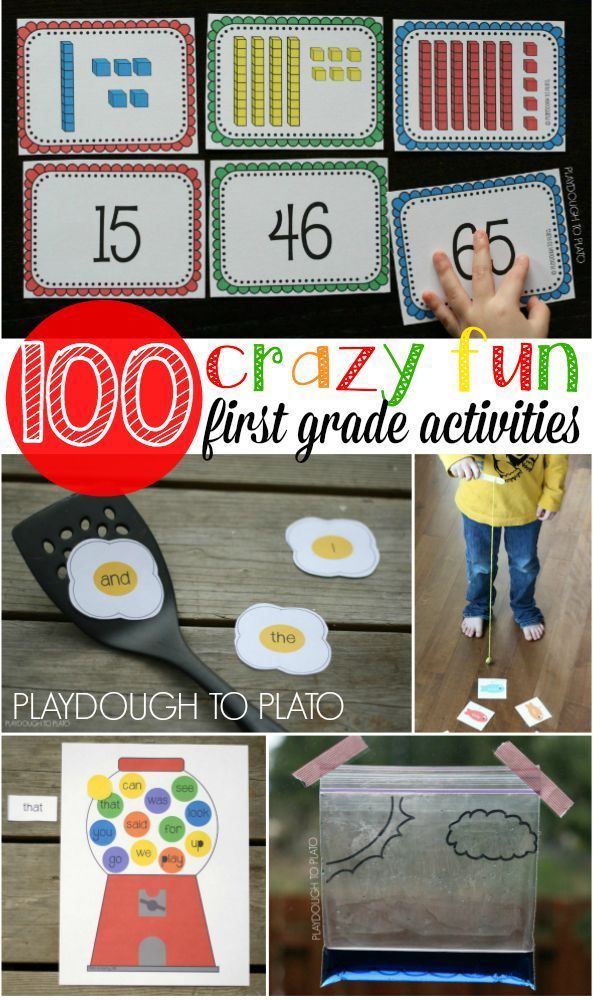 What could be better?
What could be better?
To benefit from your child’s love for play, make educational games a regular part of your family time. Older and younger kids benefit from these games, too. You'll be impressed by the number of new words they learn.
Throughout this post, we'll cover how word games help your kids, offer several games to choose from, and outline how Prodigy supports your child with game-based learning.
Ready to get started?
Below, we've outlined how word games offer great value to kids.
Key benefits of word games for kids
Educational games are a boon for parents and kids. Not only do these games occupy young minds, they support literacy in a fun way. Word games make learning nouns and other parts of speech enjoyable.
Let's explore how word games benefit your kids:
- Boosts kids' ability to concentrate and focus on learning.
- Cultivates problem-solving skills. Kids learn to approach problems logically and come up with solutions to help them win the game.
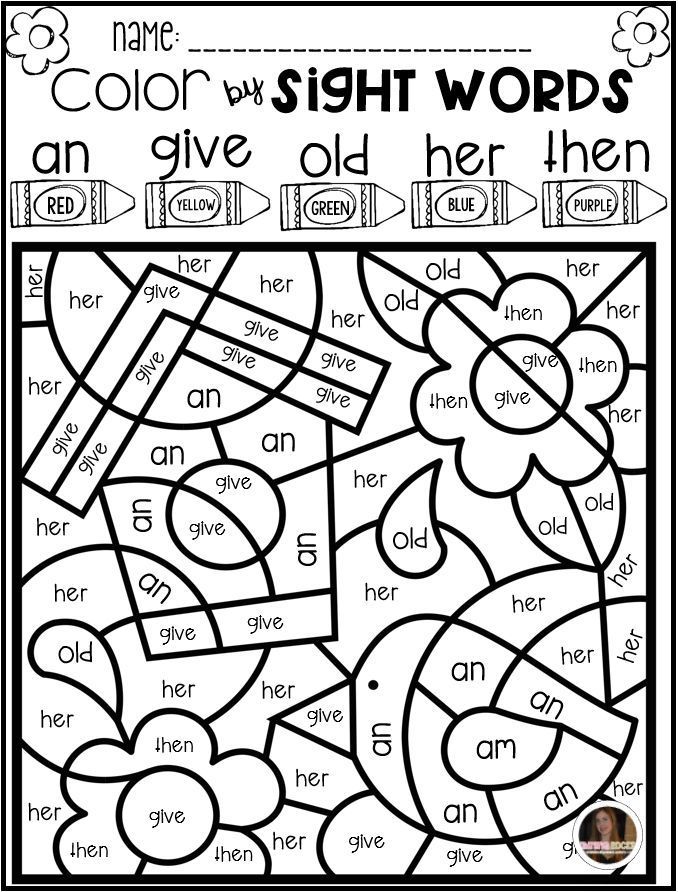
- Increases vocabulary and memory. An improved memory enables kids to recall vocabulary and build upon what they've learned.
- Improves spelling and reading skills. They can practice spelling and advance their reading comprehension through daily game-playing.
- Playing games makes kids happy. It's the perfect time for them to socialize, especially if they're enjoying educational games with siblings or friends.
- Word games can offer categories to expand vocabulary. Examples of categories include colors, shapes, sounds, drawings, animals, family, and friends.
Word games provide a great way for families to bond while relishing games that promote literacy.
Online word games
Online word games serve a greater purpose than most parents realize. Start using these games at an earlier age to:
- Build reading skills. Word games can help lay the foundation to grow their comprehension skills further.
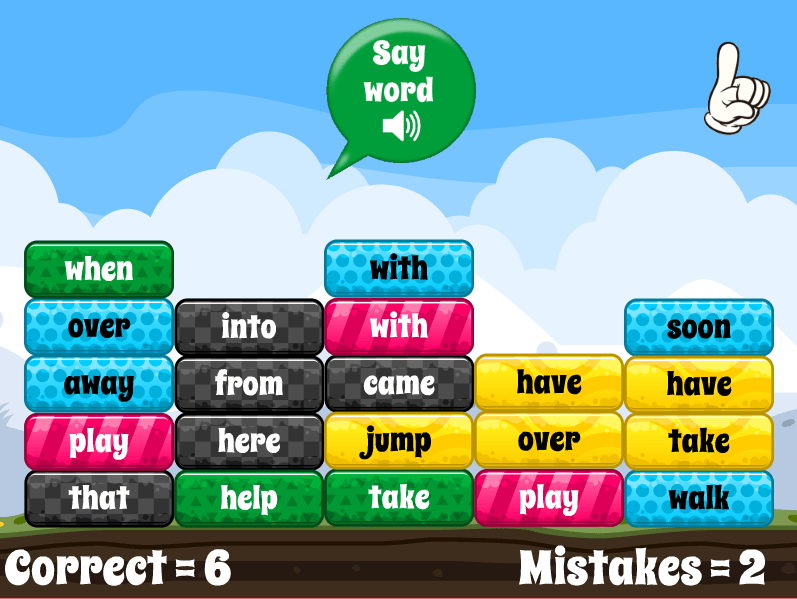
- Help your child's developing brain process information faster. Games challenge your child to keep up with fast-paced apps.
- Teach your child how to strategize and adapt to changes with complex games. These are transferable skills for problem-solving and future career opportunities.
- Develop confidence and promote teamwork.
- Learn compassion, empathy, and kindness. Well-being apps provide the perfect framework to enhance their emotional development.
Stay current in the digital world by playing new games. Learning how to use devices and computers at an early age prepares your child for school and their career.
Here's a list of several games geared toward different age groups. There's something here for everyone:
1. Prodigy English
Best for: 1st to 6th grade
Prodigy Education's newest adventure invites children to build reading and language skills in a fun, adaptive environment. Every question kids answer gives them more energy for building objects, earning coins and creating a world of their very own!
As your child plays and learns, you can follow along with their progress in your free parent account.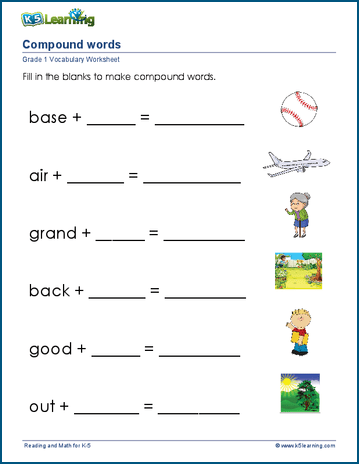
2. Wordsmith
Best for: Older kids, 6th grade and up
Wordsmith uses a tile board where 2 to 4 players come up with words within a time limit. You can get a score preview before you make a move. Whoever earns the most points, wins the game.
Use your Android or iPhone to play this game.
3. Spectacular Spelling Play
Best for: Ages 3 to 6
An adorable cartoon character, Princess Presto, demonstrates how to pronounce letters such as "z" and "oo" to spell the word "zoo". She offers basic instruction and delivers positive encouragement to children as they develop phonemic awareness.
4. Word Ladder
Best for: 1st to 3rd grade
Word Ladder incorporates music to make this basic and entertaining game fun. It teaches kids how to write simple words based on an accompanying image. It's a terrific game to build your child's vocabulary skills.
5. Aim 2 Spell
Best for: Kindergarten to 8th grade
Vocabulary Spelling City created this amazing app to teach kids how to spell and boost their vocabulary.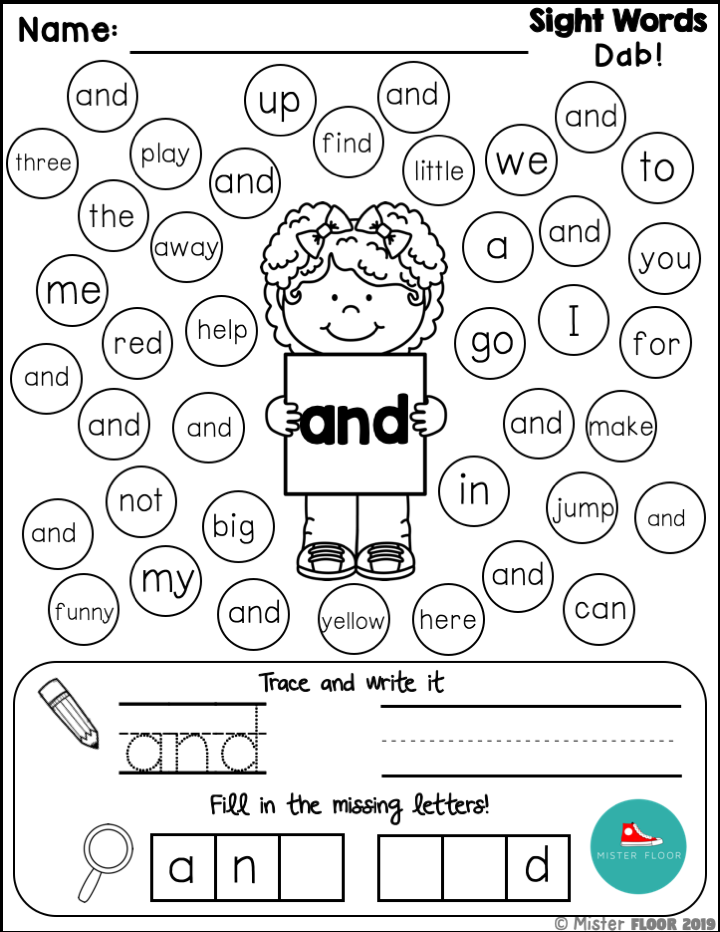 Students choose one letter at a time from a list to spell words. Fun!
Students choose one letter at a time from a list to spell words. Fun!
6. Word Scramble
Best for: Older kids, 6th grade and up
Word Scramble invites kids to take a selection of vowels and constants to spell a word. For example, rearrange the letters "BCRMALES" to spell "SCRAMBLE". This game is perfect for older kids who enjoy an amusing challenge.
7. Word Search
Best for: 3rd grade and up
Challenge your kids' knowledge by playing this educational puzzle game. Choose puzzles from different categories, like television shows, animals, food & drink, and movies for children.
You can play this game on your computer, tablet, or phone. If you prefer to go offline, you can print the games to enjoy with your family.
8. ABCya Letter Blocks
Best for: Pre-K to 6th grade
ABCya Letter Blocks boasts fun spelling games for kids across a broad age range. You'll find a bunch of cool games like Alphabats and Koala Paddle Boards.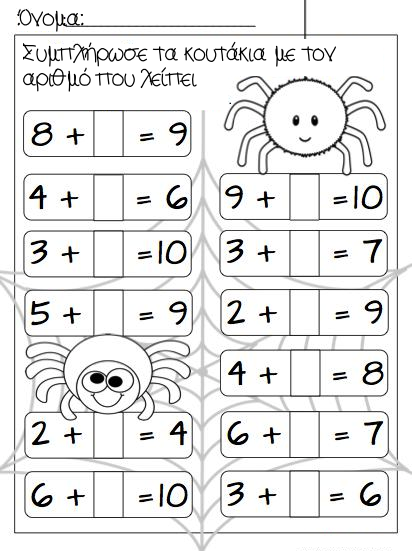 Kids can make their own puzzles, too.
Kids can make their own puzzles, too.
9. Wordshake
Best for: 1st to 6th grade
The British Council created this multi-purpose website to help kids grow their reading, vocabulary, spelling, and listening skills. Wordshake has a 16-letter grid where kids make up words in three minutes or less.
10. Merriam-Webster Games
Best for: Children with substantial vocabulary, 6th grade and up
Parents and kids can have a lot of fun filling out crossword puzzles and quizzes. Energize family time with an entertaining yet competitive game to boost vocabulary.
11. PBS Word World
Best for: Ages 3-5
Word World excels at preparing children for school. They learn how to recognize and use letters to create words, vocabulary development, and emotional wellbeing. All episodes focus on a fun journey interrupted by an issue that can be solved with one word.
Looking for more games? We've got you covered! These 20 online browser games will keep your child engaged and motivated to learn.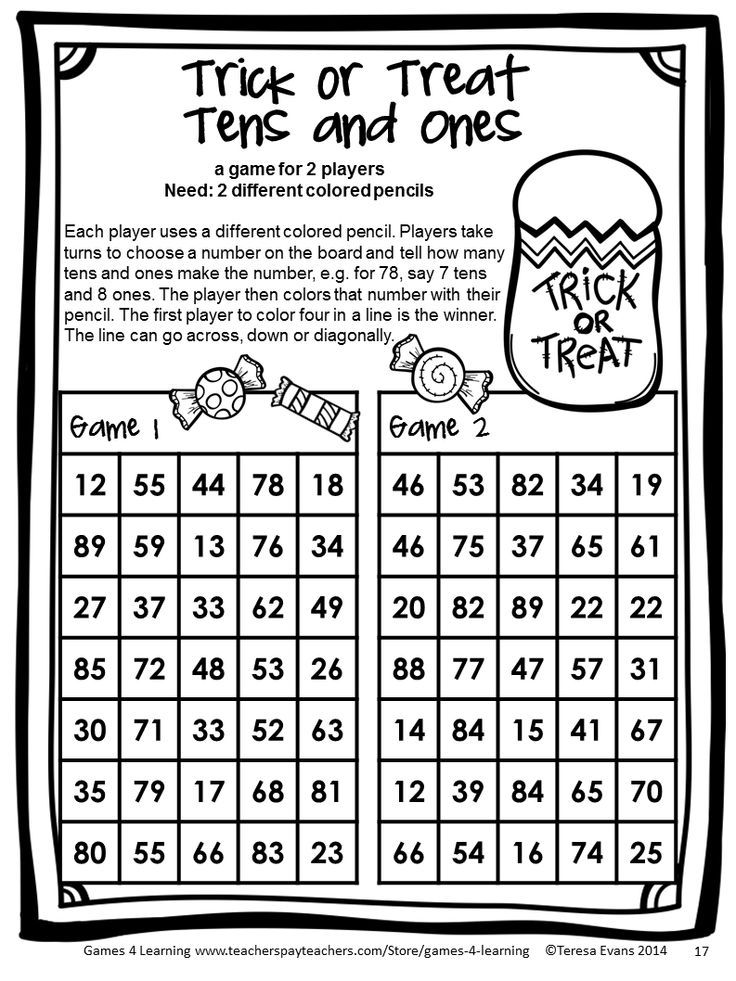
Traditional word games
Almost everyone has played a classic word game using a pen and paper. Some of the most beloved word games benefit kids' English fluency, deepen vocabulary and enhance writing skills. Best of all, these word games are portable!
1. I Spy
Best for: Preschool to 3rd grade
The I Spy game encourages kids to learn how to take turns to speak without interruptions. It's a great social skill-builder for kids of all ages.
I Spy works perfectly as a multiplayer game. One person chooses an object and prompts the others to guess the correct answer. For example, they start with, "I spy with my little eye... something thin and yellow". When someone guesses the answer is a pencil, that person wins the game.
2. Crossword puzzles
Best for: 1st to 6th grade
Crossword puzzles make learning new words more fun. They're a great way to build vocabulary and boost spelling skills. Printable crossword puzzles come in various themes, including antonyms, dental health, state capitals, chemistry, and other neat topics.
3. Spaceman
Best for: 1st to 6th grade
An alternative and less problematic alternative to Hangman, Spaceman follows the same rules and uses easy to draw shapes.
In this version of the pen-and-paper game, you try to find the missing letters that make up a word. When you have enough letters, guess the correct word before the spaceship is complete.
4. Word search puzzles
Best for: Preschool to 8th grade
Word searches help kids learn to spell, enhance productivity, develop social skills and build problem-solving abilities.
Click here to find word search puzzles based on your child's grade level. These printable worksheets will entertain your child while improving their concentration and spelling skills.
5. Shopping list
Best for: Ages 3-7
The Shopping List board game enables children to develop memory skills and promote observational or social abilities. Created for two or more players, kids shop against other players.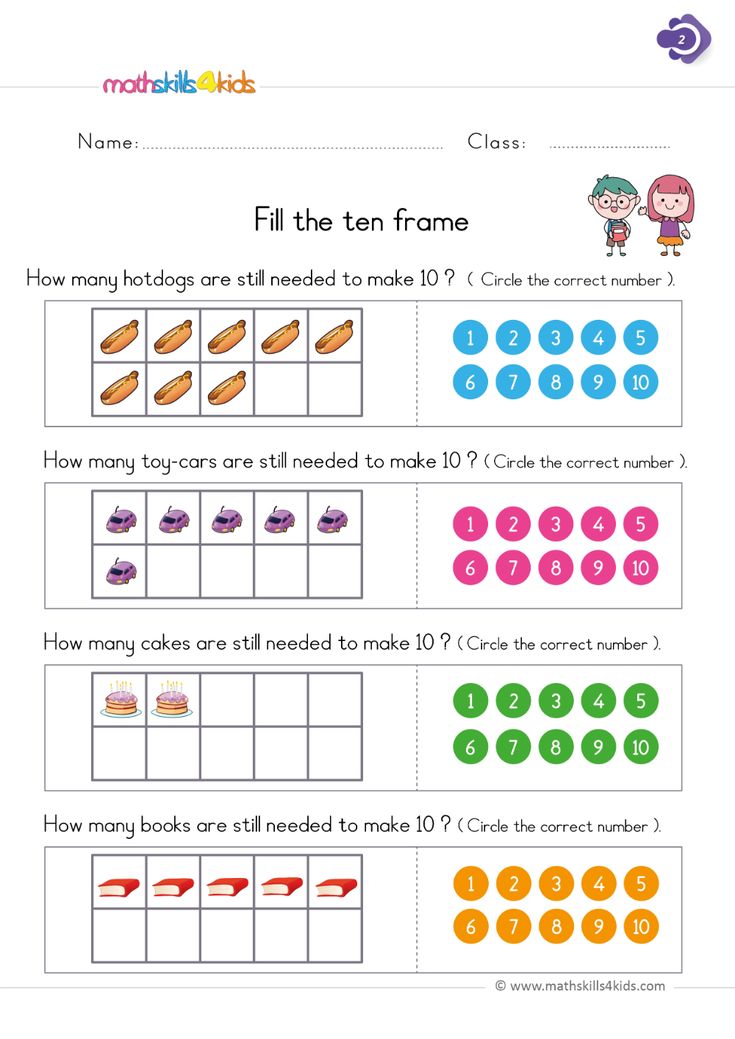 Whoever grabs everything on their list first wins the game.
Whoever grabs everything on their list first wins the game.
6. Tutti Frutti
Best for: Ages 4 and up
Parents, get your kids interested in playing with fruit! This board encourages kids to find and put together two identical fruit halves. The first person to have the most whole fruits wins!
Tutti Frutti’s strengths include focus, concentration and speed. Your child will love this lively game.
7. Letter Ladders
Best for: Grades 1 to 6
Letter Ladders need two players or more. If you don't have a whiteboard at home, a pen and paper work great.
Start by writing words like "hope" at the top. Ask your kids to change one letter at a time to add new words in a column. So, if you wrote "hope", the next word could be "rope". Begin shifting letters to come up with new words like "ripe" or "knife" to add to your list of words.
Letter ladders enhance focus, literacy, observation spelling and vocabulary skills.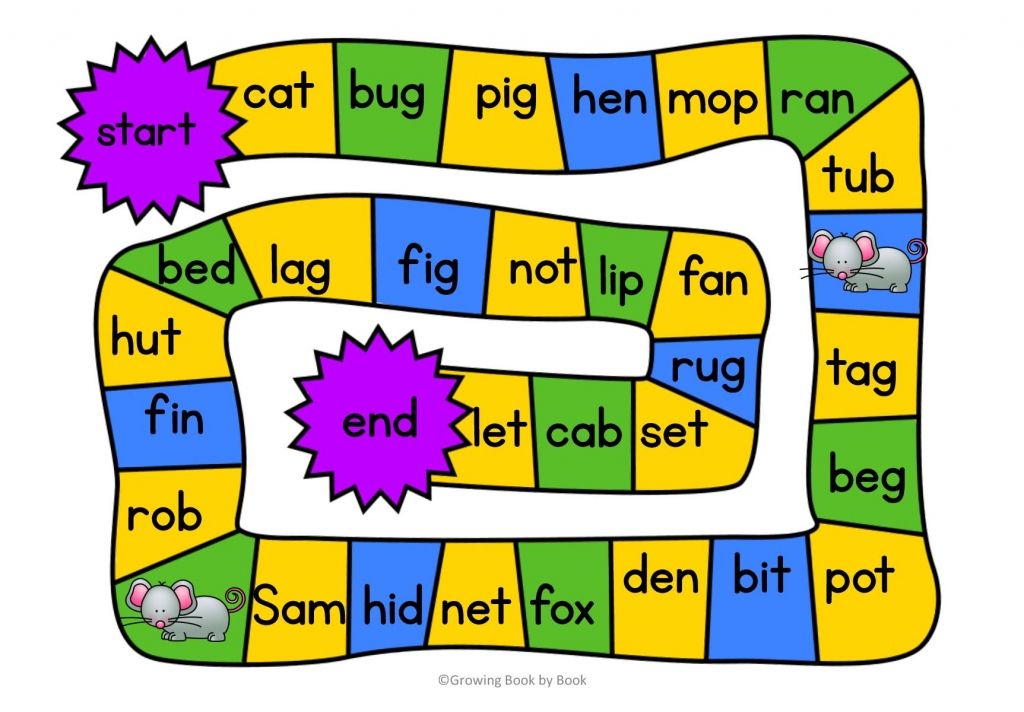
8. Broken Telephone
Best for: 1st to 6th grade
Broken Telephone works best when you have three or more players. It's a fun game for the whole family that encourages kids to listen carefully, be patient and take turns.
Select one person to come up with a word or short phrase like "what's for dinner" or "silence is golden". Start by whispering the phrase in the next person's ear. If they misunderstood the phrase, it cannot be repeated to them. Keep whispering the same phrase until you arrive at the last person who repeats the phrase as they heard it.
Be prepared for a lot of laughs when words come out wrong!
9. Think Pink
Best for: Ages 4 and up
Show your kids how to come up with rhyming pairs like "blue dew" or "owl towel". The words don't need to have similar spelling. They just need to sound alike.
Rhyming promotes language development, listening, and writing skills. Oh, and it's a lot of fun!
10.
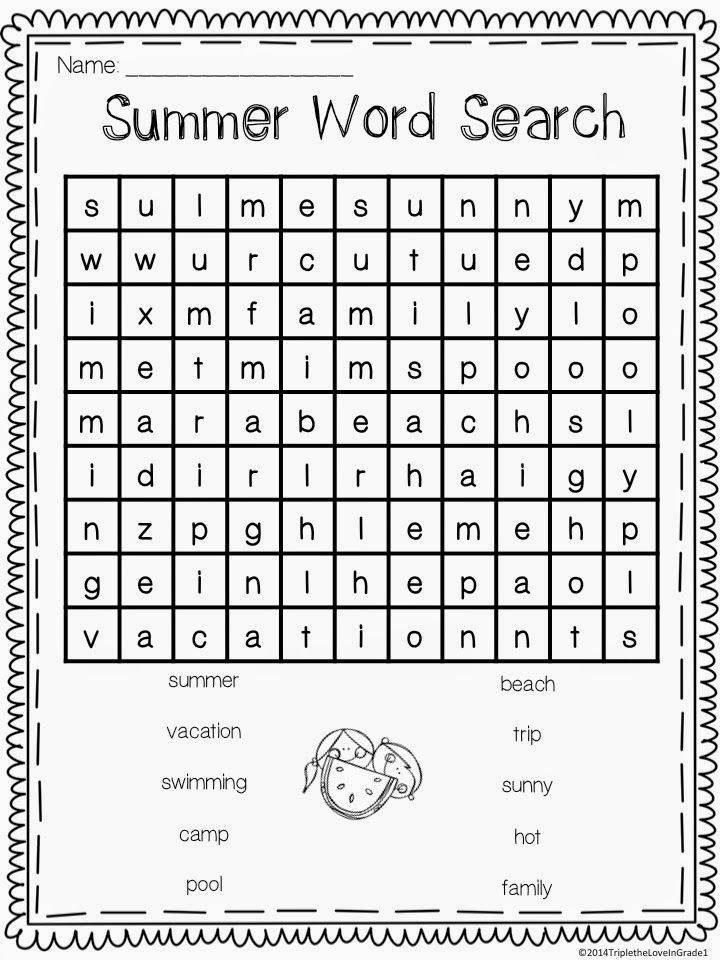 Words in Words
Words in WordsBest for: 1st grade and up
Distribute a pencil and paper to each player. Select one person to come up with a word. Each player must write that word at the top of their paper. The object of the game focuses on taking letters from the keyword and coming up with new words. The person with the most words wins the game.
Vocabulary games
Vocabulary games make a world of difference in your child's life. Begin working with them at an early age to enhance their learning throughout their school years.
Here's a list of benefits associated with vocabulary games:
- Increased memory
- Improved problem-solving skills
- A great confidence boost
- Learn spelling rules, grammar, and, of course, vocabulary
- It's fun and motivates kids want to continue learning
We've found ten vocabulary games you can enjoy at home.
1. Word association
Best for: Ages 6+
Basic word association games start with one word.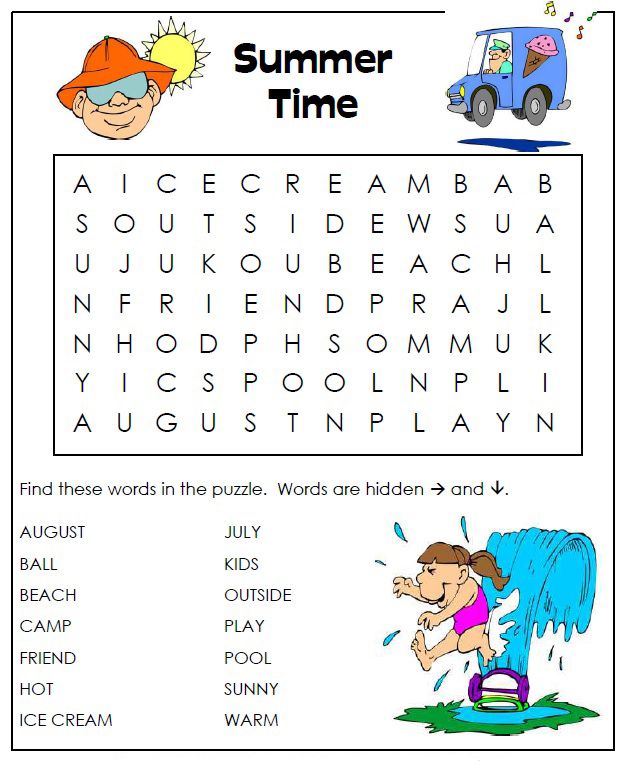 Ask your child to come up with a word that comes to mind. If possible, it should connect to the keyword. You can find keywords from categories like food, hobbies, sports, colors, and countries.
Ask your child to come up with a word that comes to mind. If possible, it should connect to the keyword. You can find keywords from categories like food, hobbies, sports, colors, and countries.
There are many word association games to choose from:
- Synonyms
- Antonyms
- Relatable words
- Rhymes
Each of these games promotes literacy and an increased vocabulary.
2. Pyramid
Best for: 1st to 8th grade
Pyramid requires several players to make it a fun game for your family. It promotes team-building, cooperation and increases your child's vocabulary.
To play this game, divide the members of your household into teams. One person on each team draws a pyramid and adds six categories in three rows — one at the top, two in the middle and three on the bottom — to create a triangle shape.
Source: GetWorksheets.com
Whoever holds the pyramid must give clues to their teammates so they can guess the correct category. You'll receive a point for each correct guess.
You'll receive a point for each correct guess.
For example, if the category is things that fly, the clue giver could choose to give hints such as:
- Bat
- Kite
- Bird
- Airplane
- Helicopter
- Rocket ship
The goal is to have your team correctly guess as many categories in the pyramid as possible.
Remember to impose a time limit based on your child's age.
3. Synonym
Best for: 1st to 6th grade and ESL students
Synonyms help kids to achieve a greater understanding of words with similar meanings.
Use a paper and pen to write a short list of five to ten words. Instruct your child to write a word with a similar definition beside the keyword.
4. Question Cube
Best for: 1st to 4th grades, multiple players of 3 or more
Use a beach ball or a soft cube toy to tape words to the sides of the object. These words can be a synonym, adjective, or a noun. On one side of the cube or ball, paste "use this word in a sentence".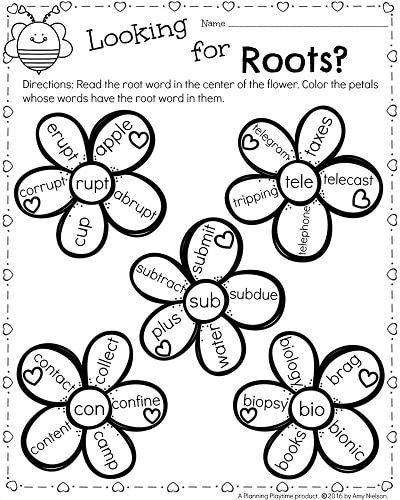
Toss the ball to your child and whichever side comes up, he/she should answer the question. If your child answers correctly, they can throw the ball or cube to someone else in the group. Should your child answer incorrectly, they're removed from the game and asked to observe. The last person standing wins!
5. Scrabblez
Best for: 4th to 12th grade
You can use Scrabble to accompany this version of the game. Use letter tiles to come up with several words and write their scores on a score sheet. Make this a true vocabulary game by asking your child to use each word in a sentence.
6. My Word Meaning
Best for: 1st to 6th grade
This vocabulary-building exercise works well to help children understand words as they're used in sentences.
Before you read a book to your child, write three new words for them. Ask them to write down their interpretation of the word's meaning.
When you're done reading, ask your child if he/she has a better understanding of that word now that they've heard it used in a sentence.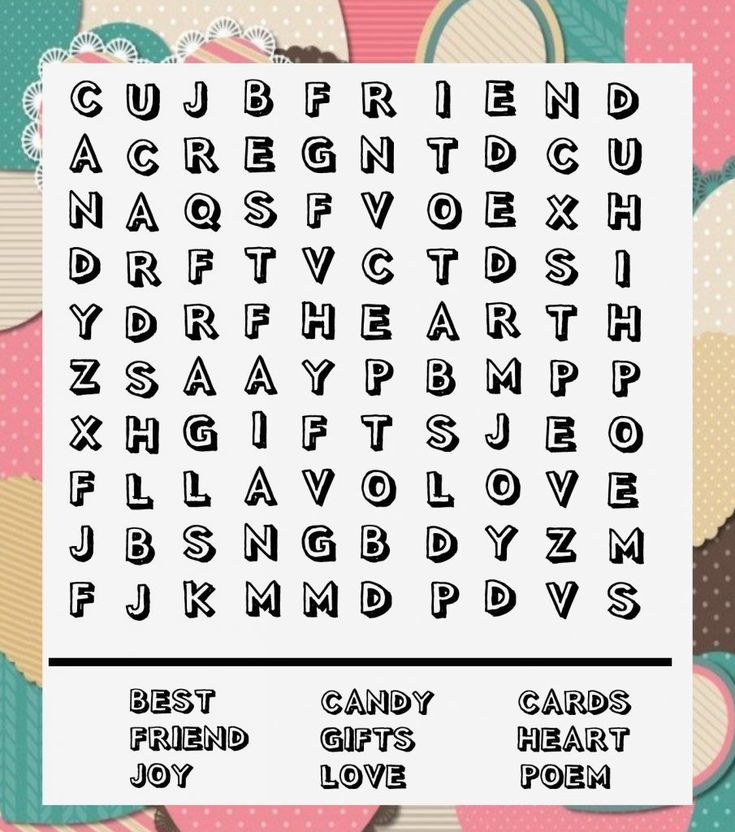
My Word Meaning builds comprehension and makes vocabulary studies more clear.
7. Go Fish
Best for: 1st to 12th grade
Go Fish remains a popular card game played by generations. But there's a way to turn this game into one that challenges kids with new words.
Write five to 15 words that your child is not familiar with. Give each member of your family an even number of cards. As each person draws a card, one player asks a question such as "do you have a word that means "happy"? If not, they're told, "Go Fish".
The first person to come up with the most correct words wins.
8. Picabulary
Best for: 3rd to 12th grade
Picabulary offers an effective way to build vocabulary. Invite your kids and their friends to join the fun.
Divide your group into 2 or 3 small teams. Choose one person in each team to make drawings on a tablet, whiteboard, or a large piece of paper.
Start the game with one word.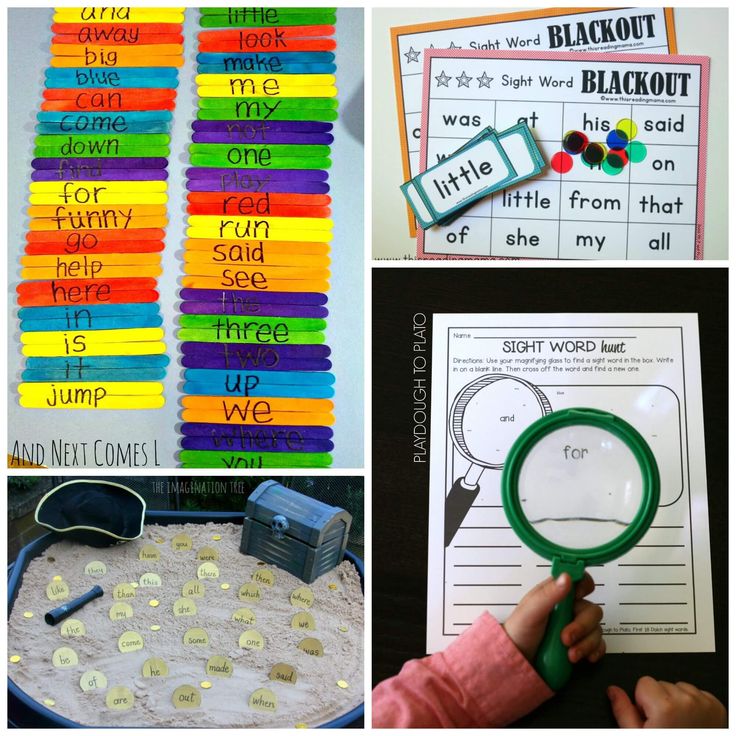 The artist attempts to draw the word without using letters or numbers. The first team to shout the correct word wins the game.
The artist attempts to draw the word without using letters or numbers. The first team to shout the correct word wins the game.
9. Vocabulary checkers
Best for: 1st to 12th grade
Everyone loves playing checkers! Incorporating vocabulary adds a creative spin to this classic game.
Print a checkerboard and use playing pieces such as coins, bingo tokens or small toy statues. Each person should fill out a vocabulary word on their checkerboards. If a member of your family doesn't use the word correctly in a sentence, they cannot make their move.
10. Memory with Vocabulary
Best for: Kindergarten to 8th grade
Here's a rewarding game that connects meaning between words and pictures. Your kids can draw visual representations of a few new words using paper and colored pencils. When two or more kids partner together, they attempt to define those words and use them in a sentence.
Family word board games
Make family game night more exciting when you try a variety of educational board games.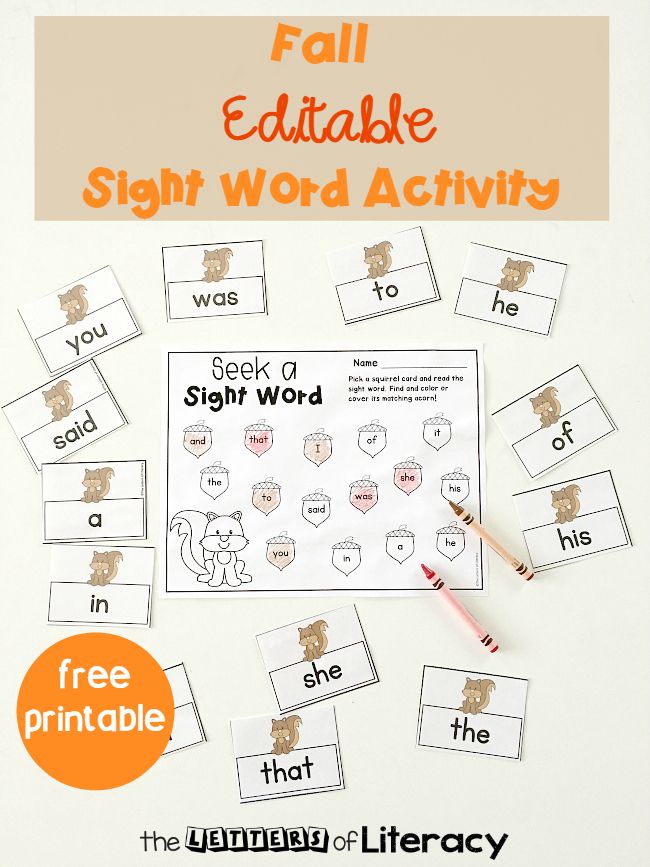 Your kids will be too busy having fun to notice they're getting a valuable vocabulary lesson.
Your kids will be too busy having fun to notice they're getting a valuable vocabulary lesson.
Below, you'll find the top five picks for family word board games:
1. Scrabble
Best for: Ages 8 and up
Scrabble works best when you have two to four players. The game requires the use of letter tiles and a grid board comprising 15x15 squares. Each player uses tiles to create words. To win the game, someone must have all of their tiles on the board.
2. Boggle
Best for: Ages 12 and up
Boggle has 16 lettered dice that you shake and allow to settle into each compartment. Using a three-minute timer, each player records the number of words they find on paper. The catch is they can't use the same cube twice.
Hasbro makes another version of this game for preschoolers called Boggle Junior. Kids develop spelling, sorting, and concentration skills.
3. Pictionary
Best for: Ages 8 and up
You don't need artistic abilities to enjoy this hilarious game.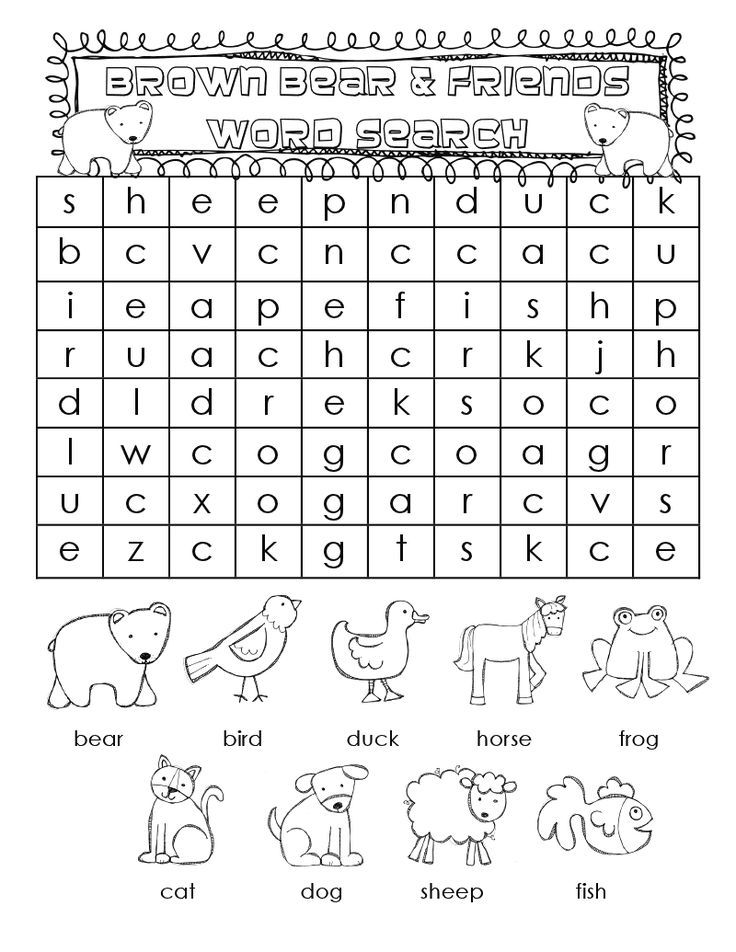 Select one person to make a drawing and everyone else has to figure out if the drawing is a person or a curious object.
Select one person to make a drawing and everyone else has to figure out if the drawing is a person or a curious object.
Pictionary adds fun to developing drawing skills and vocabulary.
4. Scattergories
Best for: Ages 13 and up
Players must think fast as they work against a sand timer. Each person writes answers from various categories that begin with a specific letter determined by rolling the dice. Kids are great at coming up with hilarious answers. The more answers each player has, the more points they receive.
5. Bananagrams
Best for: Ages 7 and up
This sweet little game comes with a banana-shaped pouch with letter tiles. Players work quickly to form many words to build a word grid. The first person who uses all of their tiles achieves "Top Banana" status.
You can find these board games at big box stores or smaller retailers that cater to children's books and toys.
Game-based learning for literacy and vocabulary
Kids love playing fun games.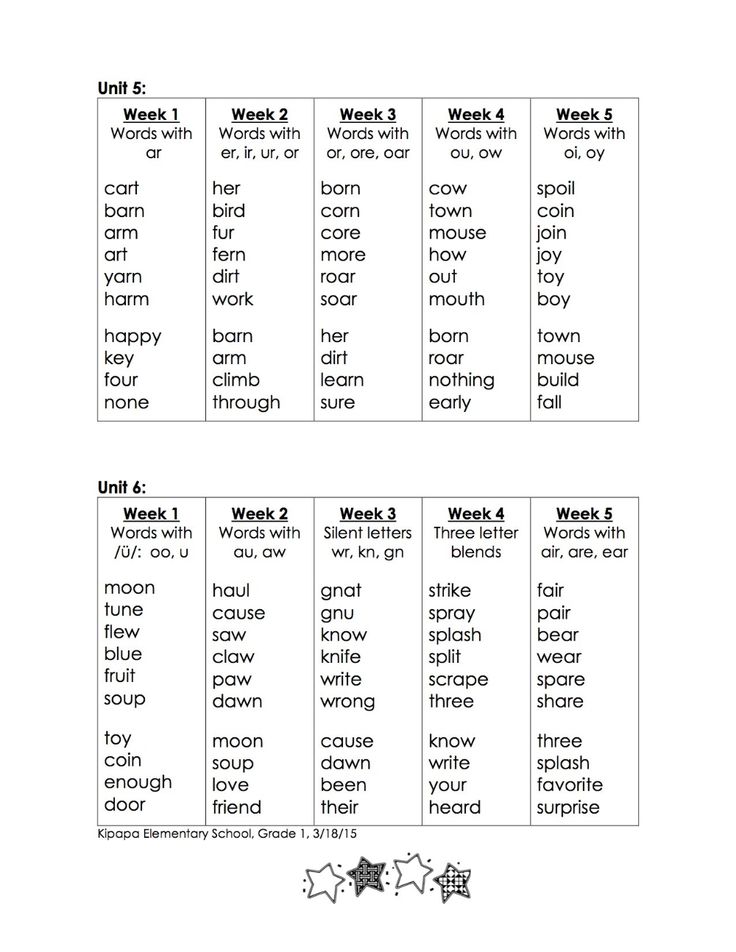 When you devote time to game-based learning or play-based learning, your child learns critical thinking skills, motivation and goal-setting. You'll notice their confidence increases as they gain a handle on vocabulary and literacy.
When you devote time to game-based learning or play-based learning, your child learns critical thinking skills, motivation and goal-setting. You'll notice their confidence increases as they gain a handle on vocabulary and literacy.
Want more ways to encourage your child to love learning? Try Prodigy English!
Kids can explore an open world as they create items, earn coins and meet new characters. Every time they correctly answer a reading or language question, they’ll gain more energy to use as they create a world of their very own.
Sign up nowWord games and exercises for children in kindergarten, Card file of word games in kindergarten
Playing activities of a preschooler > Games for children round, what is oval?
Game progress: The teacher asks the child to name as many round and oval objects as possible. The child starts the game.
If he cannot name, the teacher starts: “I remembered that an apple is round and a testicle is oval.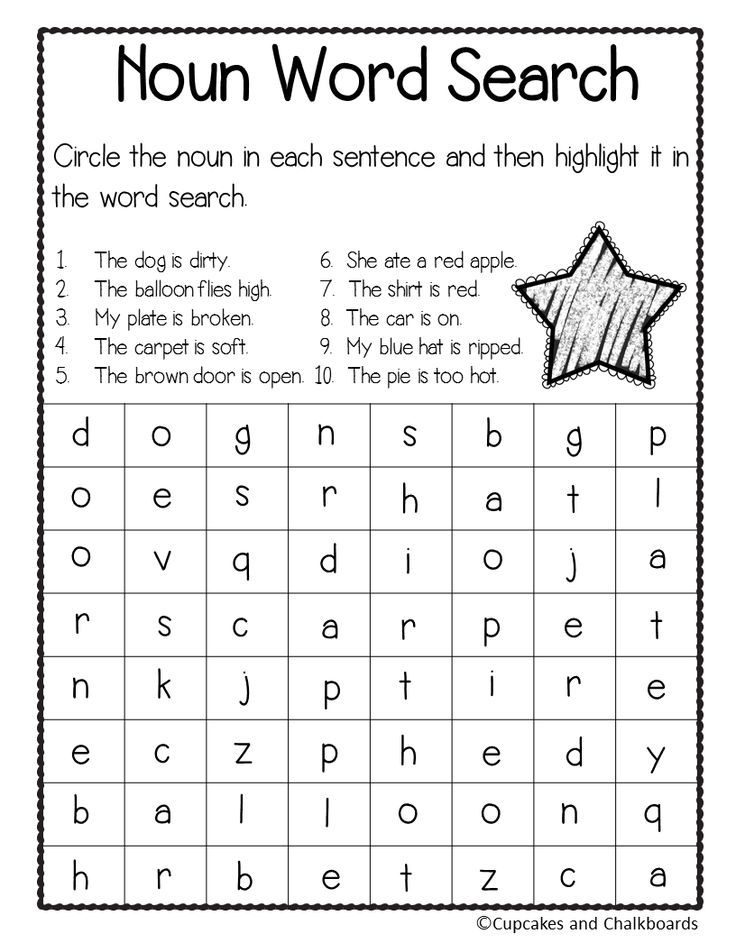 Now you go on. Remember what shape is a plum, and what is a gooseberry? That's right, the plum is oval, and the gooseberry is round. (Helps the child name objects and compare them in shape: ring-fish, hedgehog-ball, cherry-cherry leaf, watermelon-melon, acorn-raspberry, tomato-eggplant, sunflower-seed, zucchini-apple) .
Now you go on. Remember what shape is a plum, and what is a gooseberry? That's right, the plum is oval, and the gooseberry is round. (Helps the child name objects and compare them in shape: ring-fish, hedgehog-ball, cherry-cherry leaf, watermelon-melon, acorn-raspberry, tomato-eggplant, sunflower-seed, zucchini-apple) .
In case of difficulty, the teacher shows the child a set of pictures and together they arrange them into two groups.
“Flies - does not fly”
Game progress: The teacher invites children to quickly name objects when he says the word “flies”, and then name other objects when he says the word “does not fly”.
The teacher says: “Flies”.
Children call: “Crow, plane, butterfly, mosquito, fly, rocket, dove”, etc. Then the teacher says: “Does not fly”. Children call: “Bicycle, chamomile, cup, dog, pencil, kitten”, etc. The game continues: the words “flies”, “does not fly” are called by one of the children, and the teacher names the objects together with the children.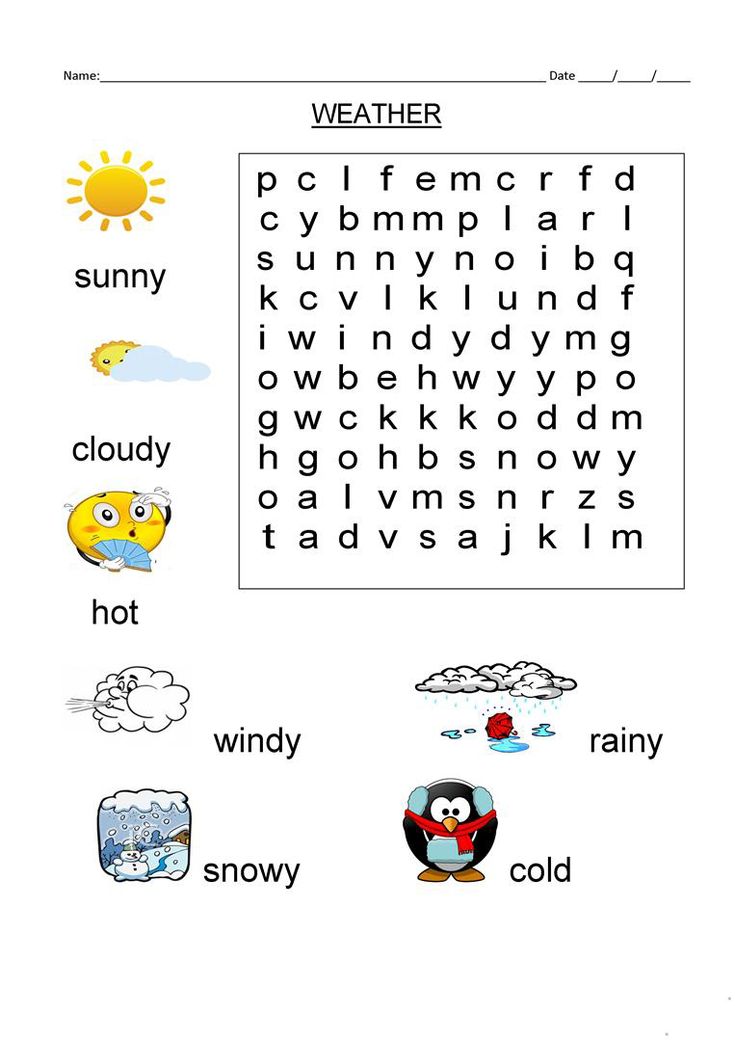 The game can be played while walking.
The game can be played while walking.
"Edible - inedible"
The game is played by analogy with the previous one.
"Alive-non-living"
Game progress: First, we explain that we call all living objects "WHO", and inanimate objects "WHAT". Here are some examples.
Then we play questions and answers. You can use picture books.
What is growing? Who is growing?
Who flies? What flies?
Who swims? What is floating?
Who is the biggest? What is the biggest?
Etc.
“What happens below and what happens above?”
Game progress: The teacher invites the children to think and name something that happens only upstairs.
If the children find it difficult, he prompts: “Let's look up, above us is the sky. Does it happen below? No, it always happens only at the top. And what else happens only at the top? Where are the clouds? (stars, moon) .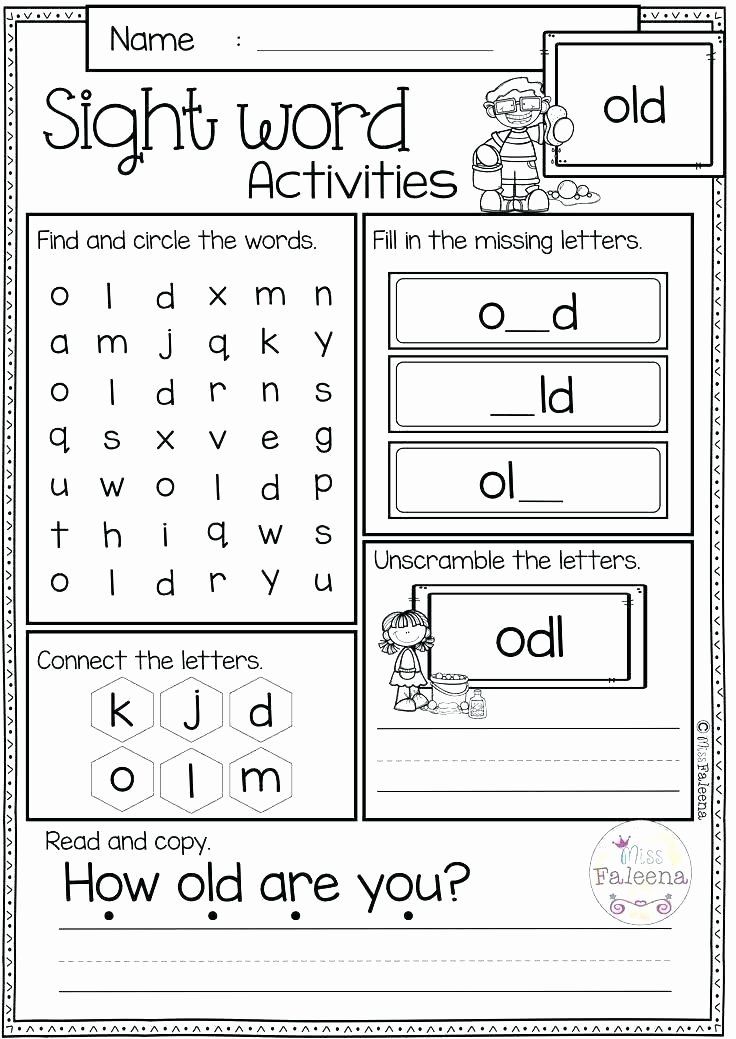 Now think about what happens only below? Look at the ground. Where does the grass grow? Where does she go?” (plants, ponds, earth, sand, stones, etc.) .
Now think about what happens only below? Look at the ground. Where does the grass grow? Where does she go?” (plants, ponds, earth, sand, stones, etc.) .
After that, the children independently enumerate the objects of nature that exist only above and those that exist only below.
"What can be sweet?"
Game progress:
The teacher offers the children: Listen carefully, I will name something that is sweet. And if I make a mistake, then I must be stopped, I must say: “Stop!”
The teacher says: "Sugar, marshmallows, raspberries, strawberries, lemons."
The children listen attentively and stop him on the word where he "wrong". Then the children themselves name what is sweet.
“Answer quickly”
Game progress: The teacher, holding the ball in his hands, becomes a circle with the children and explains the rules of the game: “Now I will name some color and throw it to one of you ball.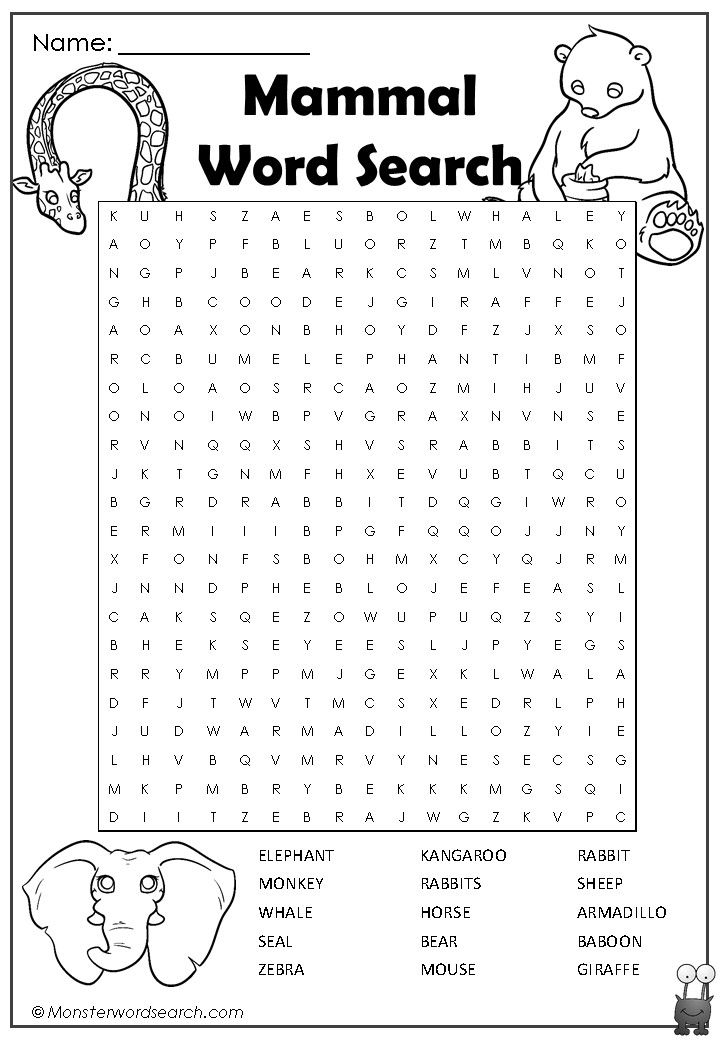 The one who catches the ball must name an object of the same color. Then he himself calls any other color and throws the ball to the next one. He also catches the ball, names the object, then his color, etc.”
The one who catches the ball must name an object of the same color. Then he himself calls any other color and throws the ball to the next one. He also catches the ball, names the object, then his color, etc.”
For example, “Green,” says teacher (makes a short pause, giving the children the opportunity to remember green objects) and throws the ball to Vitya.
"Grass", - Vitya answers and, having said: "Yellow", throws the ball to the next one.
The same color can be repeated several times, as there are many objects of the same color.
The main feature for classification can be not only the color, but also the quality of the object.
The beginner says, for example: "Wooden", and throws the ball.
“Table,” answers the child who caught the ball and offers his word: “Stone”.
"Home" - the next player answers and says: "Iron", etc.
The next time the form is taken as the main feature. The teacher says the word "round" and throws the ball to any player.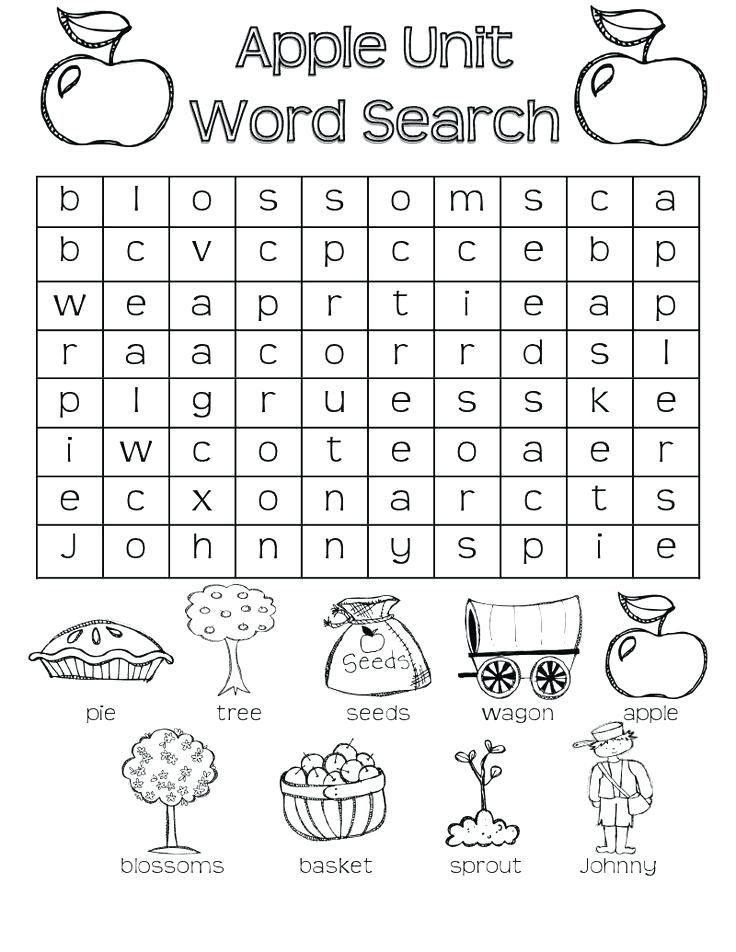
"Sun" - he answers and calls another shape, for example "square", throwing the ball to the next player.
Thoth names a square object (window, handkerchief, book) and suggests some form. The same shape can be repeated several times, since many objects have the same shape. When repeating, the game can be made more difficult by offering to name not one, but two or more objects.
“How are they similar?”
Game progress: The teacher invites the children to look around and find two objects that are somewhat similar to each other.
He says: “I will call: the sun-chicken. How do you think they are similar to each other? Yes, that's right, they are similar in color to each other. And here are two more items: a glass and a window. How are they similar to each other? And now each of you will name your two similar objects.
Games to eliminate the fourth "extra" word
“Be careful!”
Game progress: The teacher says to the children: I will name four words, one word does not fit here.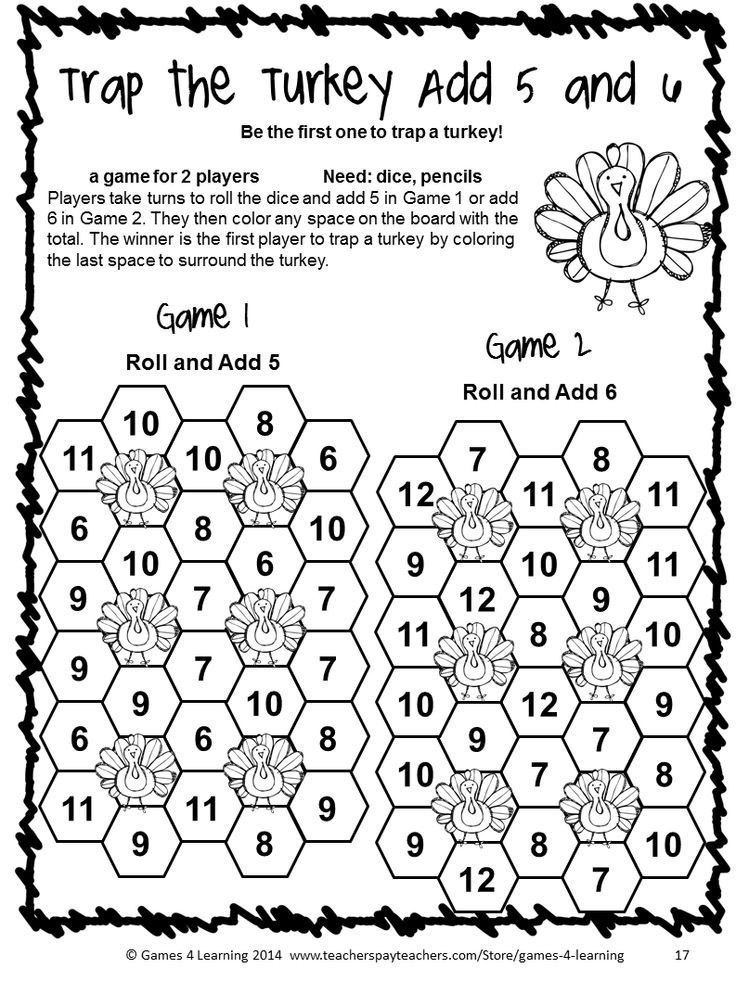 You must listen carefully and name the "extra" word. For example: matryoshka, tumbler, cup, doll; table, sofa, flower, chair; chamomile, hare, dandelion, cornflower; horse, bus, tram, trolleybus; wolf, crow, dog, fox; sparrow, crow, dove, chicken; apple, tree, carrot, cucumber.
You must listen carefully and name the "extra" word. For example: matryoshka, tumbler, cup, doll; table, sofa, flower, chair; chamomile, hare, dandelion, cornflower; horse, bus, tram, trolleybus; wolf, crow, dog, fox; sparrow, crow, dove, chicken; apple, tree, carrot, cucumber.
After each highlighted "extra" word, the teacher asks the child to explain why this word does not fit into this group of words, i.e., to explain the principle of grouping.
“Listen carefully!”
Game progress: The teacher says to the child: “I will name the words, and you will say which word does not fit: cat, fox, horse, cow; tractor, car, rocket, bus; pear, turnip, beet, carrot; book, pencil case, ball, notebook; water, thermometer, medicine, cotton wool.
In case of difficulty, he slowly repeats a certain set of words and helps the child to highlight the unsuitable for some reason.
Find out!
Game progress: What berries do you know? Now I will name the words, if among them you hear the word for a berry, then clap your hands.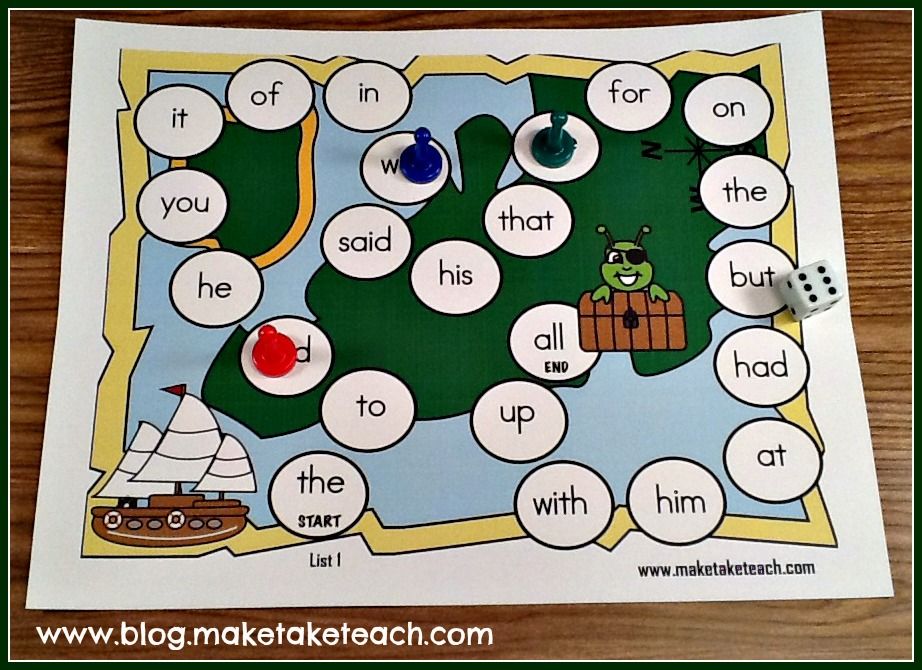
Presentation words - cabbage, strawberry, apple, pear, currant, raspberry, carrot, strawberry, potato, dill, blueberry, lingonberry, plum, cranberry, apricot, marrow, orange.
"Now I'm going to name the words, if you hear a word related to berries, clap once, if it's about fruits, clap twice."
(Words can be used the same, you can come up with others.)
As a basis for systematization, there can be a theme - tools, furniture, clothes, flowers, etc.
Tell me, what are the similarities in taste? color? size?
- lemon and pear
- raspberry and strawberry
- apple and plum
- currant and gooseberry
What is the difference in taste? color? size?
Divided into groups
Game progress: "What groups do you think these words can be divided into? Sasha, Kolya, Lena, Olya, Igor, Natasha.
What groups can be made from these words: dove, sparrow, carp, titmouse , pike, bullfinch, zander".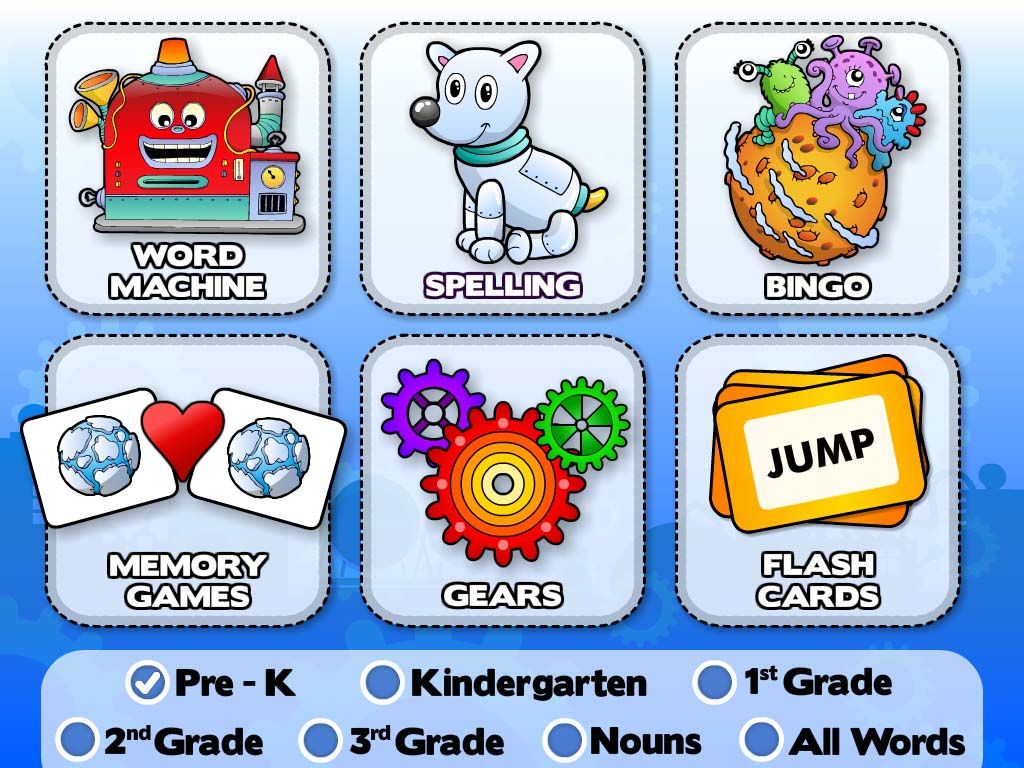
“Pick up the words”
Game progress:
- Match as many words as possible that can be attributed to the wild animals group (pets, fish, flowers, weather phenomena, seasons, tools and etc.) .
- Another version of the same task.
Use arrows to connect words that match the meaning:
ball | furniture
poplar | flower
wardrobe | insects
plate | wood
coat | clothing
ant | crockery
pike | toy
rose | fish
“Similarities and differences”
Game progress: Invite the child to indicate the similarities and differences of the following pairs of words:
Book - notebook | Day - night
Horse - cow | Tree - bush
Telephone - radio | Tomato - cucumber
Airplane - rocket | Table - chair
"Find the opposite object"
Game progress: Calling any object (for example, sugar) , you need to name as many others as possible that are opposite to this one.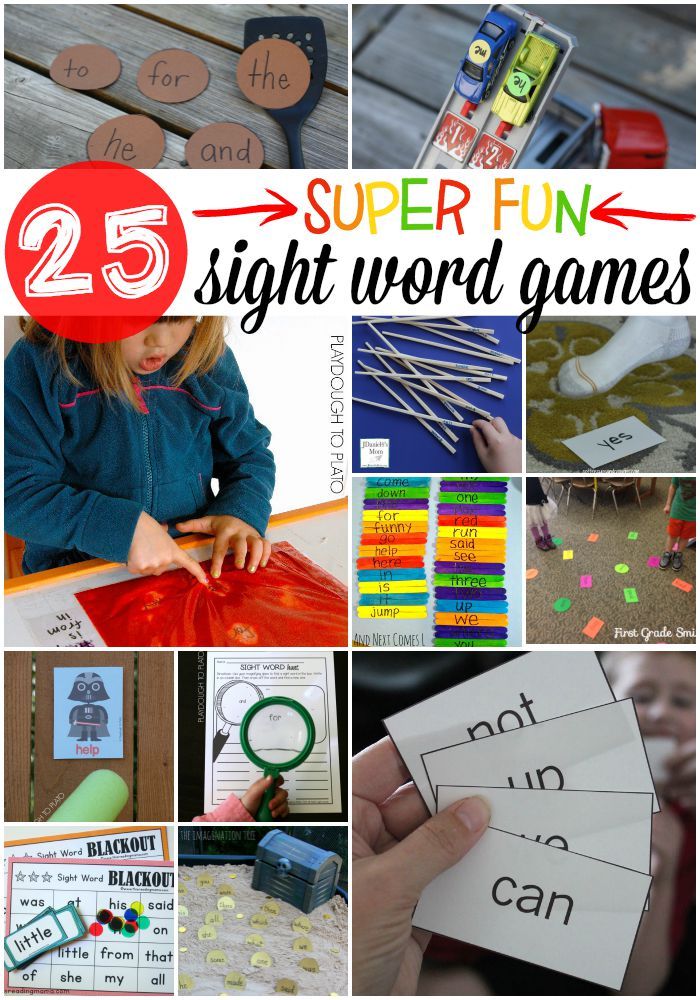 It is necessary to find opposite objects according to the function "edible - inedible", "useful - harmful", etc., on the basis of (size, shape, condition) , etc.
It is necessary to find opposite objects according to the function "edible - inedible", "useful - harmful", etc., on the basis of (size, shape, condition) , etc.
"Search for an analogy"
Game progress: A word is called, for example, a briefcase. It is necessary to come up with as many "analogues" as possible, i.e. other items similar to it in various essential features (bag, sack, backpack, etc.) Game progress: Invite the child to name a group of objects in one word. We call many specific objects with one word. For example, birch, pine, oak, etc. we call trees.
Invite the child to name in one word:
- a table, a chair, a cupboard are...
- a dog, a cat, a cow are...
- a cup, a saucer, a plate are...
- cornflower, chamomile, tulip - this.
"Find a common word"
Game progress: This task contains words that are united by a common meaning. It is necessary to try to convey this general meaning in one word.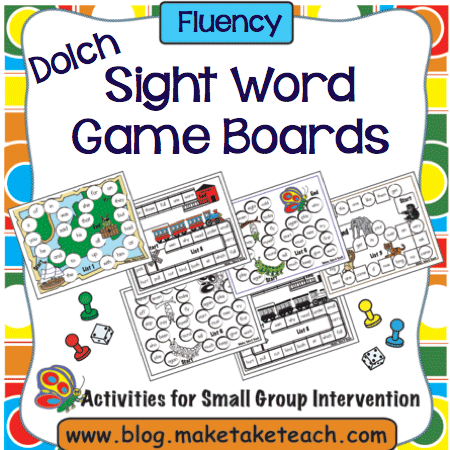
What is the common word for the following words:
- Faith, Hope, Love, Elena
- a, b, c, c, n
- table, sofa, armchair, chair
- Monday, Sunday, Wednesday, Thursday
- January, March, July, September.
The generalizing word can be "spring months", or it can be "months of the year", etc.
A more complex version of the exercise contains only two words for which it is necessary to find a common concept.
Find out what the following words have in common:
a) bread and butter (food)
b) nose and eyes (parts of the face, sensory organs)
c) apple and strawberries (fruits)
d) clock and thermometer 900 Devices)
D) Kit and Lev (animals)
E) Echo and mirror (reflection)
“Words-twin”
Course of the game: This exercise is associated with this a phenomenon of the Russian language, like homonymy, that is, when words have different meanings, but are the same in spelling.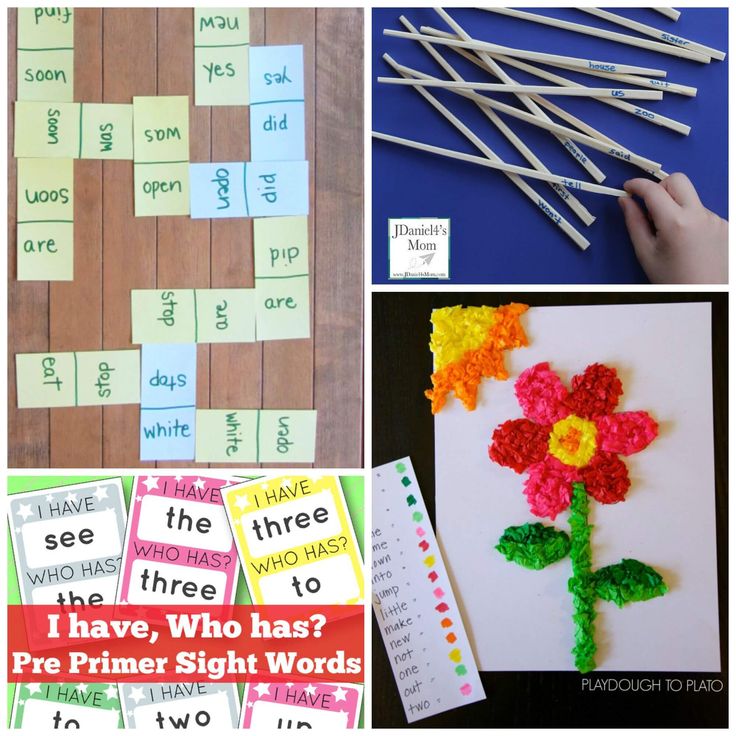
Which word means the same as the words:
1) a spring and something that opens the door;
2) the girl's hair and a grass cutter;
3) a branch of grapes and a drawing tool.
Think of words that are the same in sound but different in meaning.
Additional tasks for the exercise:
4) a crying vegetable and a weapon for shooting arrows (burning vegetable and small arms) ;
5) part of a gun and part of a tree;
6) things to paint on and greenery on the branches;
7) a construction site hoist and a mechanism that must be opened to allow water to flow.
"What is needed"
Game progress: The car runs on gasoline or other fuel; tram, trolleybus or electric train are powered by electricity. All this together can be attributed to the group "transport".
Seeing an unfamiliar car (e.g. truck crane) , they ask: what is it? Why?
Similar exercises are performed with other concepts: tools, utensils, plants, animals, furniture, etc.
"Why?"
Game progress: Now I will tell you words, and you will answer me, which is more, which is less, which is longer, which is shorter.
- Pencil or pencil? Which one is shorter? Why?
- Cat or whale? Which one is more? Why?
- Boa constrictor or worm? Which one is longer? Why?
- Tail or ponytail? Which one is shorter? Why?"
The teacher can come up with his own questions, focusing on the above.
"Choose the main thing"
Game progress: An adult says to the children: Now I will read a series of words. From these words you will have to choose only two, denoting the main features of the main word, i.e., without which this object cannot exist.
Other words are also related to the main word, but they are not main.0003
For example, a garden... What do you think, which of these words are the main ones: plants, gardener, dog, fence, earth, i.e. something without which a garden cannot exist? Can there be a garden without plants? Why?.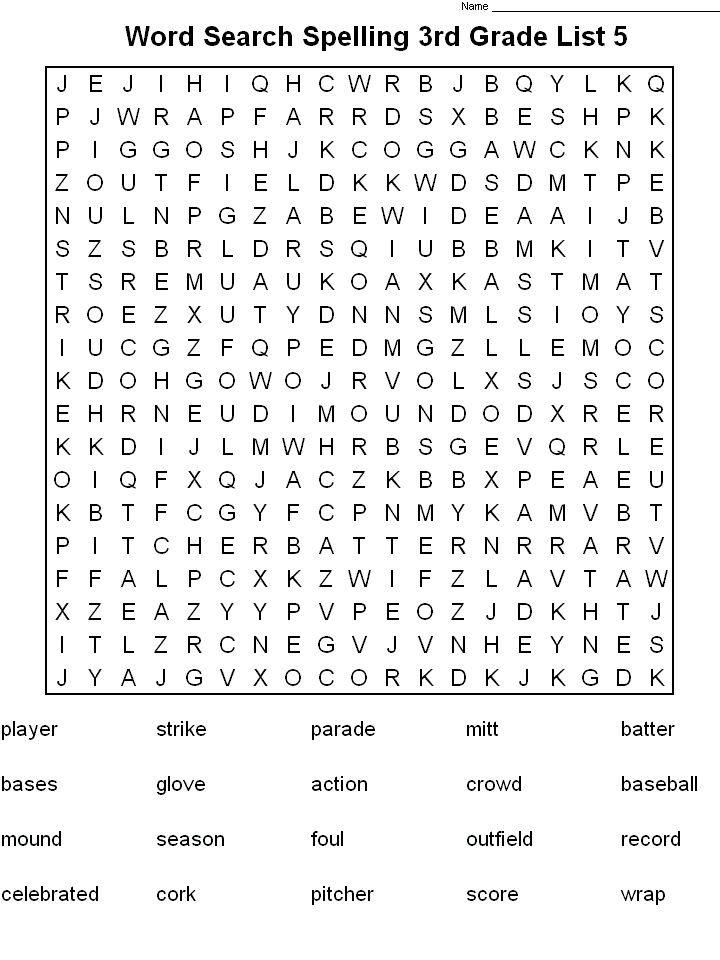 .. Without a gardener... a dog... a fence... land?.. Why?
.. Without a gardener... a dog... a fence... land?.. Why?
Each of the proposed words is analyzed in detail. The main thing is that children understand why this or that word is the main, essential feature of this concept.
Sample tasks:
a) Boots (laces, sole, heel, zipper, shaft)
b) River (shore, fish, angler, mud, water)
c) City (car, building, crowd, street, bike)
d) Barn (hayloft, horses, roof, livestock, walls)
e) Cube (corners, drawing, side, stone, wood)
f) Division (class, dividend, pencil, divider, paper)
g) Game (cards, players, fines, penalties, rules)
h) Reading (eyes, book, picture, seal, word)
and) War (plane, guns, battles, rifles, soldiers)
“Dunnet”
Two games: The host thinks of a word or tells the conditions of some completely unusual situation, and the players (children or adults) must guess the word or explain the situation by asking questions that can be answered with one of five answers: "yes"; "No"; "Yes and no"; "there is no information about it"; "it's not significant.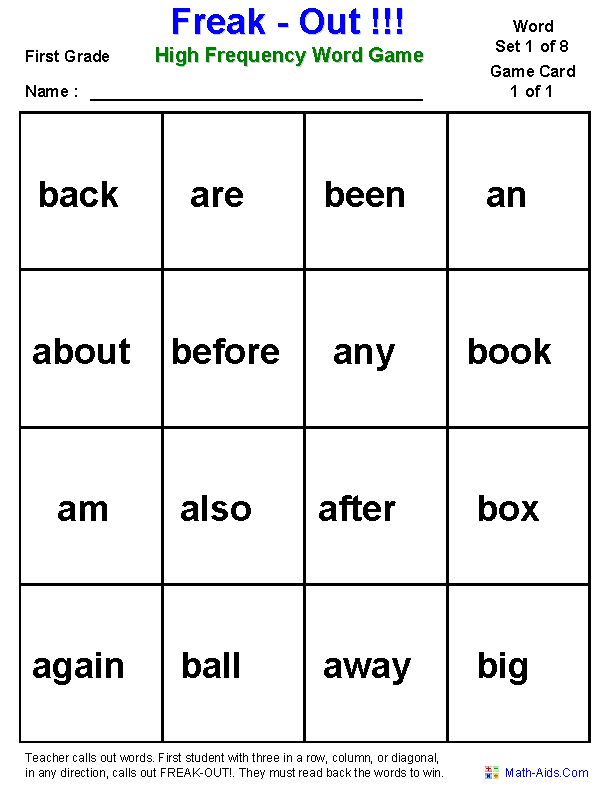 "
"
For example: "I thought of a plant in the middle zone. In ten questions, determine the plant that I thought of."
Themes for "danetok" and possible continuation of the game.
What vegetable did I have in mind?
- Is it a root vegetable? (Carrot, beet, radish)
- Is it a leafy vegetable? (Cabbage, lettuce)
- Is it a fruit vegetable? (Tomatoes, cucumbers)
What name did I think of?
- Is it a male name?
- Does the name begin with a vowel?
- Is there such a name in our group?
What piece of clothing did I have in mind?
- Is this outerwear?
- Are these men's clothes?
What fairy tale did I have in mind?
- Is this a Russian fairy tale?
What historical figure did I have in mind?
- Is this a man?
What must I do in the morning?
What color do I have in mind?
What property of ice cream, light bulb, watermelon, pencil did I guess?
What country did I have in mind?
What kind of writer, storyteller, poet, scientist did I have in mind?
What famous battle did I have in mind?
"Black box"
Game progress: Children are shown a "black box" or just a bag, briefcase and are asked to guess what is there in 10 questions? Etc.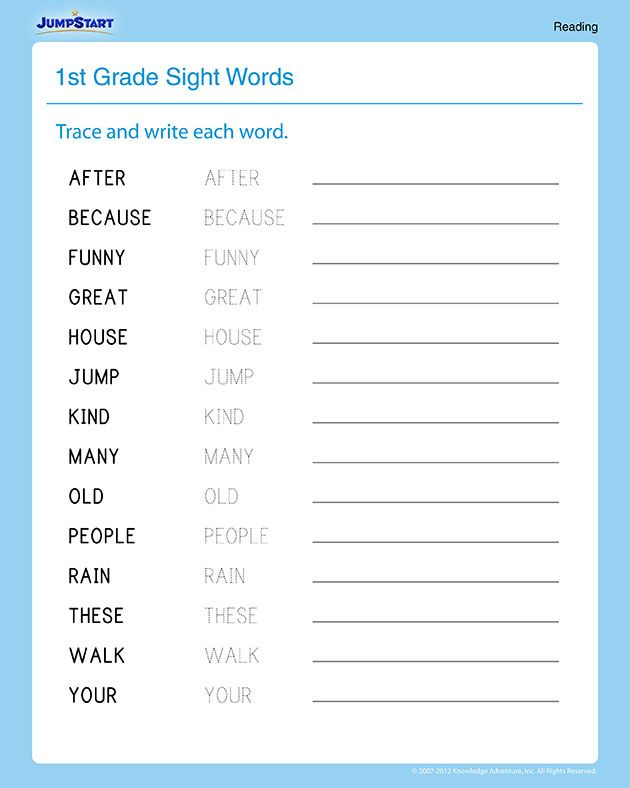
- Is there a man-made object? Is there something soft? Is there something metallic? Etc.
List the items
Game progress: One leader is selected from the group of children. He leaves the room for 2 minutes. At this time, 7 objects are placed on the table in the room and the situation is thought about. For example, children think of the situation "I'm going for a walk", then 7 items of clothing should lie on the table.
The driver is invited, the situation is told to him and he is allowed to inspect the table for 1-2 minutes. Then he turns his back to the table and faces the group of children and starts listing the things on the table. After each correct answer, the group says "Correct!", after the wrong - "Wrong!". If the driver has not listed all the items, the group says which items he forgot.
"Opposite"
Game progress: The leader calls the group of children a word. The task is to name a word denoting the opposite object.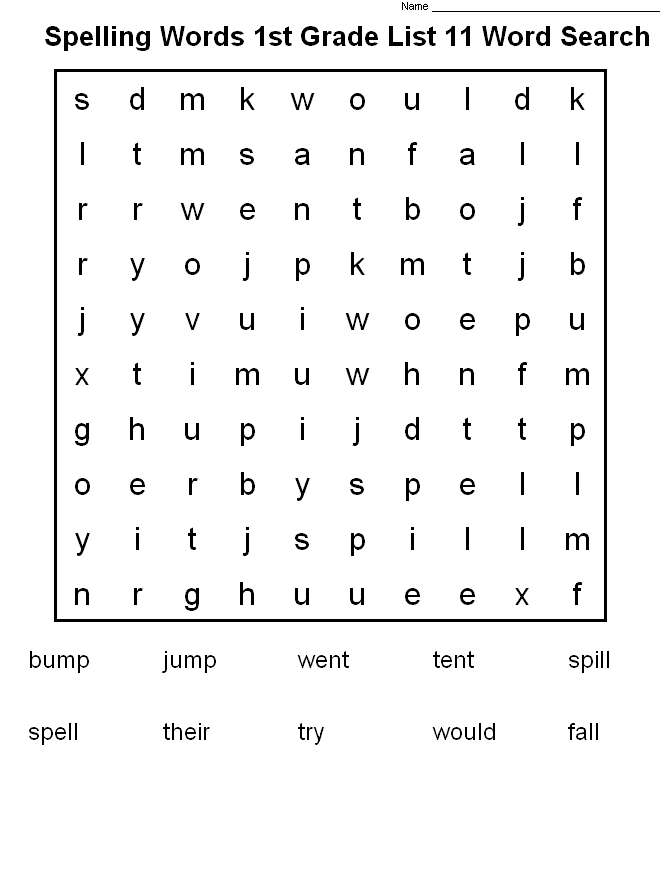
For example, the facilitator says the word "cup". Children can name the following items: "board" (the cup is convex, and the board is straight) , "sun" (the cup is made by a person, and the sun is part of nature) , "water" (water is a filler, and a cup is a shape) etc.
Each child in turn offers his answer and always explains why he chose that particular subject.
"Come up with a riddle"
Game progress: A leader is selected from a group of children. His task is to come up with a riddle. The group must solve this riddle. Then another child comes up with a riddle, and so on. Children of 6 years old love to come up with riddles, the game is lively.
“Who is whom (than) will be?
Game progress: The good thing about the game is that you can play with the company or together with your child anywhere. Ask each other questions, make sure that the baby answers the question correctly.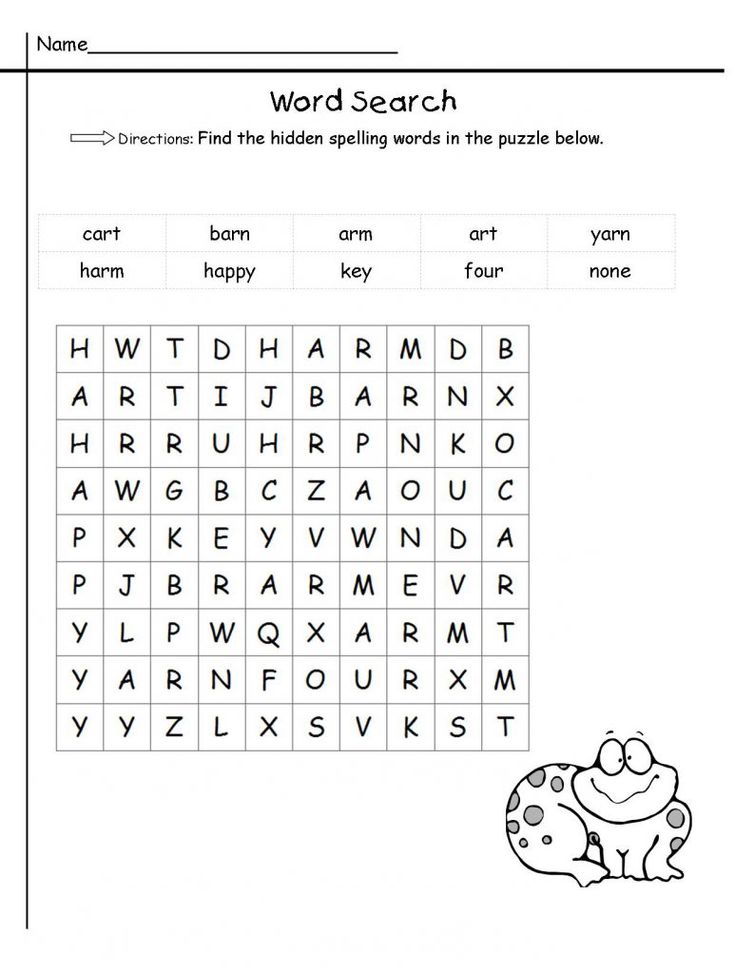
Who will the egg be? (may be a chick, a crocodile, a turtle, a snake.)
- a chicken - a rooster;
- a boy - a man;
- calf - cow or bull - paper - book;
- snow - water;
- water - ice;
- seed - flower;
- flour - pancakes;
etc.
Reverse game: "Who was who?".
- horse - foal
- flower - seed
"Third extra"
Game progress: Adult says three words - owl, crow, fox. The child should quickly analyze these three words in his mind and determine that all three words refer to wildlife, however, an owl and a crow are birds, and a fox is not. Therefore, the fox is superfluous here.
More examples for younger preschoolers:
- milk, juice, bread - all three words mean edible. But they drink milk and juice, but eat bread;
- car, horse, tram;
- hat, scarf, boots;
- rose, birch, tree.
For children aged 5-7 the tasks become more difficult:
- rain, snow, river;
- doctor, tourist, driver;
- shadow, sun, planet;
- frost, blizzard, January;
- stone, clay, glass;
- door, carpet, window;
- sea, river, pool.
“What happens?”
Game progress: First, the adult asks questions, and the child answers. Then you need to give the child the opportunity to express themselves.
Examples:
- What is high? (tree, pole, man, house) . Here it is appropriate to ask which is higher - a tree or a house; person or pole.
- What is long? (short)
- What is wide (narrow) ?
- What is round (square) ?
A variety of concepts can be included in the game: what is fluffy, soft, hard, sharp, cold, white, black, etc.
“What is outside, what is inside?”
Game progress: The adult names a couple of objects, and the child says what can be outside and what can be inside. House - closet; book - cabinet; purse; wallet-money; pan - porridge; aquarium - fish; booth - dog; nora - fox.
Then switch roles - let the child think of pairs of words.
Who is this?
Game progress:
Option 1: We ask questions: who treats the sick? Who teaches children at school? Who is preparing dinner? Who is working on the tractor? Who delivers letters and newspapers? Who sews the dress?
Option 2: Questions: what does the janitor do? What does the doctor do? What does an electrician do? What does the teacher do? What does the driver do? What does a painter do? What does a hairdresser do?
3rd option: We come up with riddles.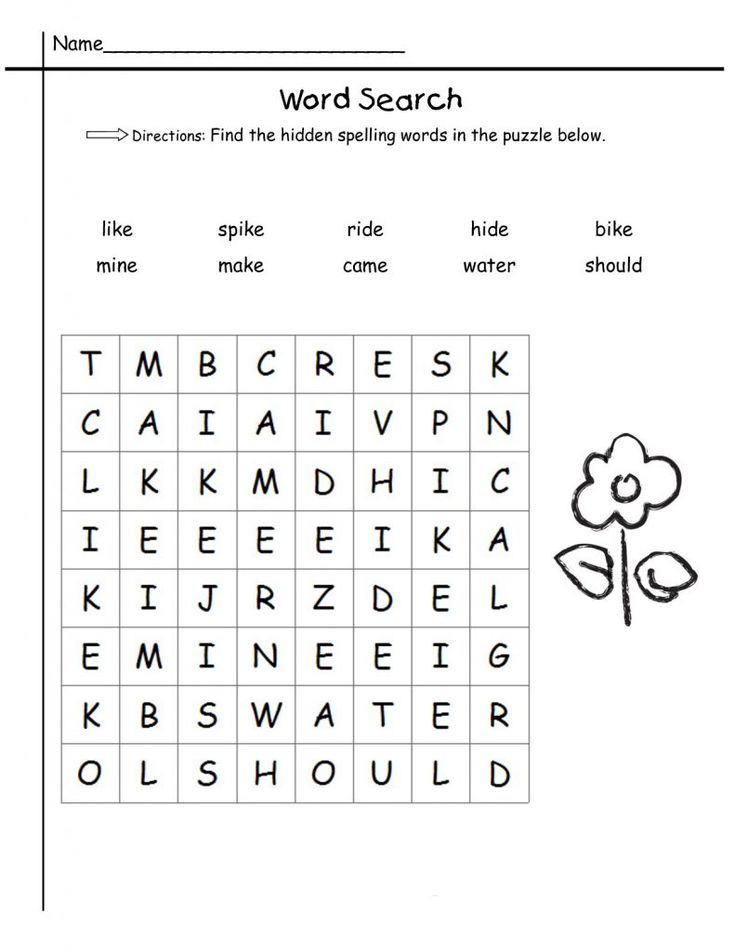 For example: this person works on the street, he has a broom, a shovel.
For example: this person works on the street, he has a broom, a shovel.
4th option: "Who needs what?" What does the postman need? What does a hairdresser need? And vice versa: who needs scissors? Who needs a needle?
"Guess the object by its parts"
Game progress: Children name the parts of the object. The first person to guess what it is about gets one point. This option is good because you can play together with your child anywhere. For example, on the way to kindergarten, while waiting in line to see a doctor, etc.
Examples:
Four legs, backrest, seat.
Numbers, arrows.
Letters, pictures, sheets.
Trunk, branches, leaves.
Root, stem, leaves, petals.
Screen, buttons, electric cord, remote control.
Spout, handle, lid, electric cord.
Paws, tail, collar.
Paws, tail, trunk.
Does everything seem too simple at first glance? But in fact, not all children can describe objects.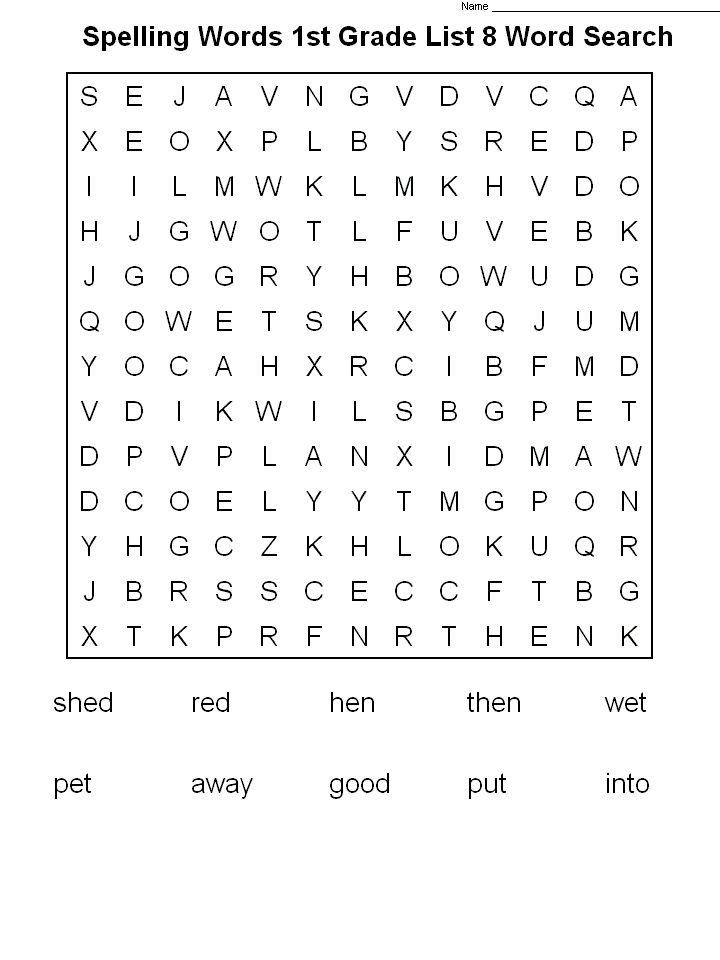 Try it!
Try it!
"Guess the item from the description"
Game progress: Game conditions are the same as in the previous one. But the task here is more difficult. It is necessary not only to find the correct definitions of objects, but also to correctly coordinate adjectives and nouns by gender, as well as to know such concepts as furniture, vegetables, fruits, insects, domestic and wild animals, etc.
Wild animal, lives in the forest , big, shaggy, likes honey.
Wild animal, sly, red, with a fluffy tail.
Insect, with colorful wings, similar to a flower.
Transport, large, heavy, with wings and tail.
Vegetable, red, round, put in salads and soups.
Sweet, small, in a beautiful paper.
“Think and choose!”
Game progress: Now I will read you a proverb, and you try to find a suitable phrase for it that reflects the general meaning of the proverb, for example:
Measure seven times, and cut once
a) If you cut it wrong yourself, then do not blame the scissors
b) Before you do it, you need to think carefully
c) The seller measured seven meters of fabric and cut it off
The right choice here is "Before you do, you need to think carefully"
Example tasks:
1.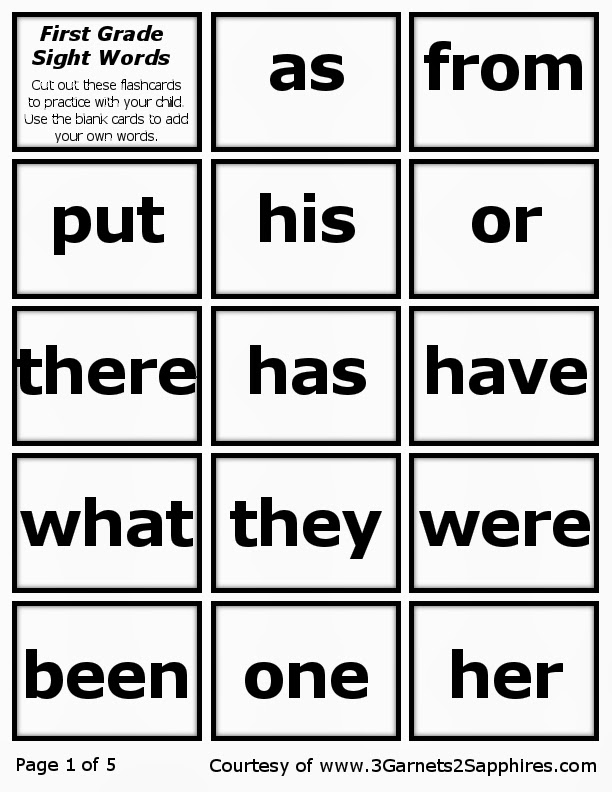 Better less is better.
Better less is better.
a) One good book is more useful to read than seven bad ones.
b) One delicious cake is worth ten bad ones.
c) What matters is not quantity, but quality.
2. If you hurry, you will make people laugh.
a) The clown makes people laugh.
b) To do a job better, you need to think about it well.
c) Haste can lead to ridiculous results.
3. Strike while the iron is hot.
a) A blacksmith forges hot iron.
b) If there are favorable opportunities for business, you should immediately use them.
c) A blacksmith who works slowly often gets more done than one who is in a hurry.
4. There is nothing to blame on the mirror, if the face is crooked.
a) You should not blame the cause of failures on circumstances, if the problem is in yourself.
b) A good quality mirror does not depend on the frame, but on the glass itself.
c) The mirror hangs crooked.
5.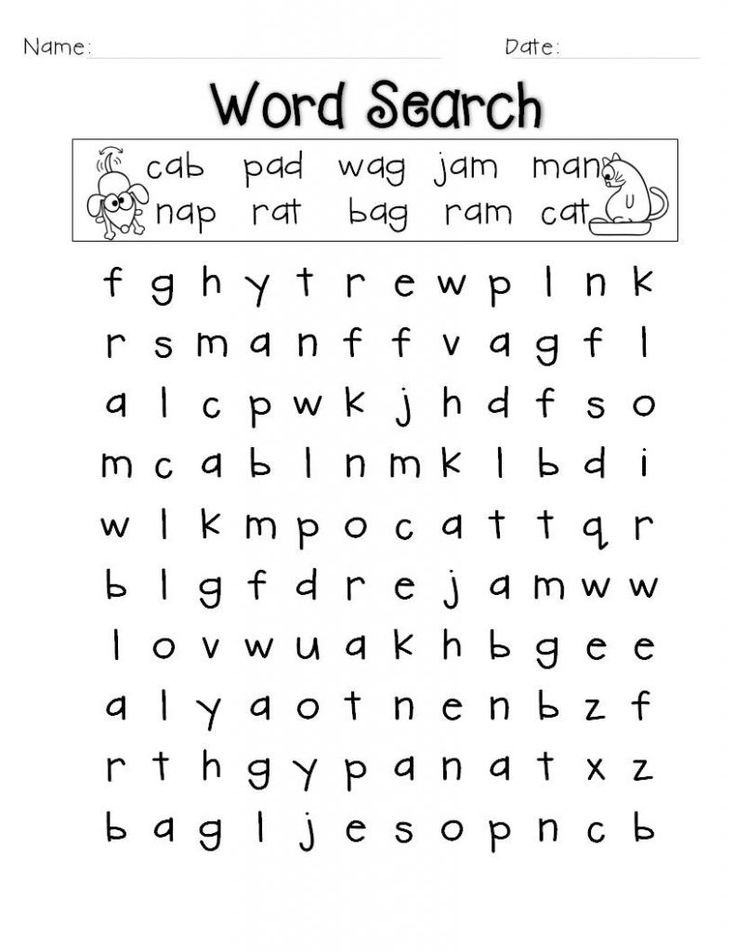 The hut is not red in the corners, but red in the pies.
The hut is not red in the corners, but red in the pies.
a) You can't eat pies alone, you have to eat rye bread too.
6) A case is judged by its results.
c) One tasty cake is worth ten bad ones.
6. Done the job - walk boldly.
a) If you did a good job, you can rest.
b) The boy went for a walk.
7. Skilful hands do not know boredom.
a) Petr Ivanovich never gets bored.
b) A master of his craft loves and knows how to work.
8. Don't get into your sleigh.
a) If you don't know the job, don't take it on.
b) In winter they ride on a sleigh, and in summer on a cart.
c) Ride only on your own sleigh.
9. All that glitters is not gold.
a) The copper bracelet shone like gold.
b) Outward brilliance is not always combined with good quality.
c) What seems good to us is not always good.
Gaming activity:
| | | | | in preschool
Children's word games
Author admin Read 4 min Views 559Posted on March 13, 2014 Children's word games contribute to the development of children's speech, attention, memory, imagination, thinking, vocabulary enrichment .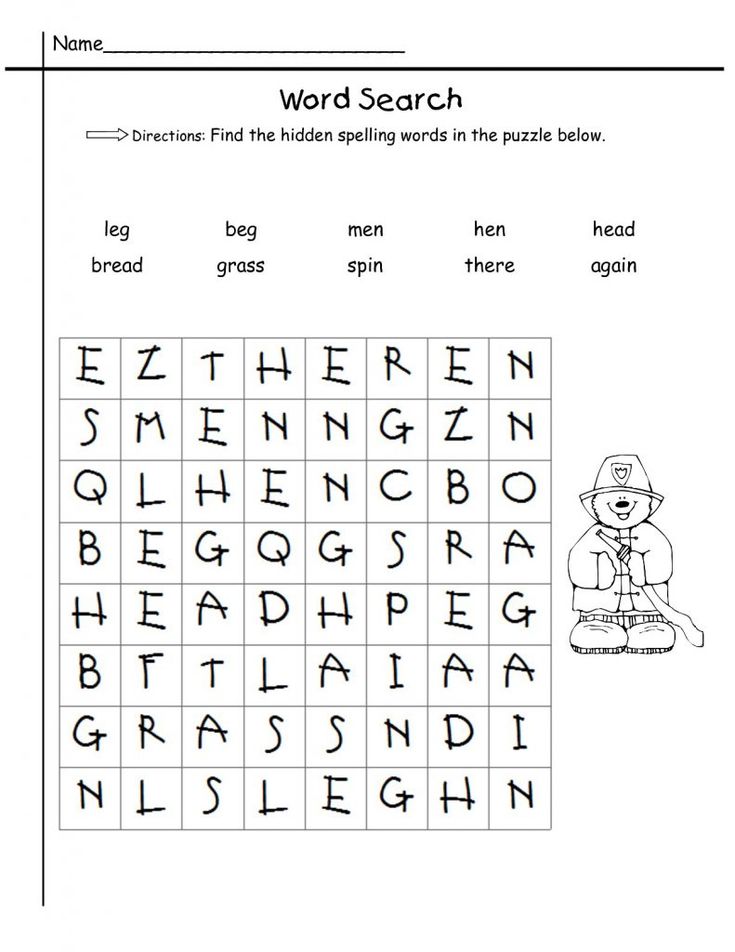 You can play with your baby in children's word games anywhere: at home, on a walk, in transport, in a clinic, on the way to kindergarten. Word games should be used as part of a speech development lesson. You can include them in quizzes, and also, as an element of entertainment, in children's holidays. I bring to your attention some interesting word games that are suitable for games with older preschool children from 5-7 years old.
You can play with your baby in children's word games anywhere: at home, on a walk, in transport, in a clinic, on the way to kindergarten. Word games should be used as part of a speech development lesson. You can include them in quizzes, and also, as an element of entertainment, in children's holidays. I bring to your attention some interesting word games that are suitable for games with older preschool children from 5-7 years old.
New word. Name any word, for example "bush". The child must come up with a word that begins with the last letter of your word. For example, "cake". The game continues until one of the participants repeats or cannot give their own answer.
"Tender word". Invite the child to turn the words as in the example: house - house, table - table, hare - bunny, book - little book, fox - fox.
Forbidden words. Ask the child to answer the question, but in such a way that he does not pronounce the two forbidden words "good" and "bad".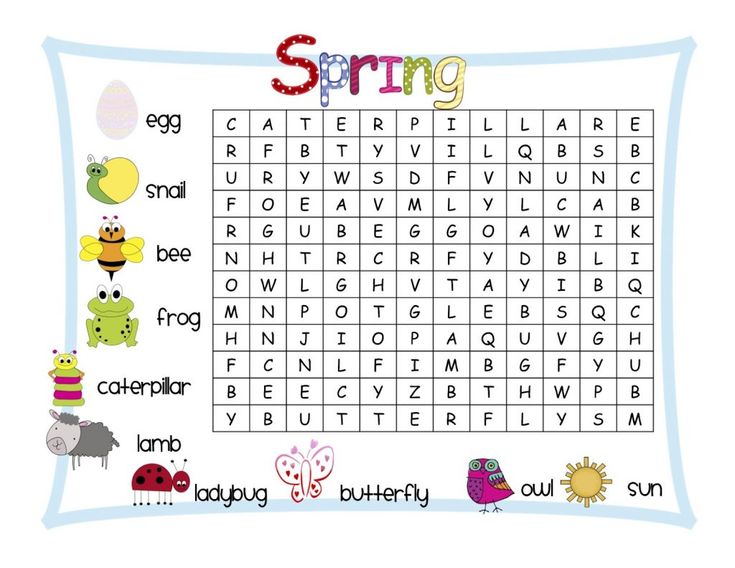
- How do you usually behave at home?
- Are you a good swimmer?
- How do you draw?
- How do you skate?
Did the boy do well when he took the toy away from the little one?
"In a word". Ask the child what to call in one word:
- plates, cups, pans, pots? (Dishes)
— sofa, bed, table, chair, wardrobe? (Furniture)
- milk, bread, flour, cheese, sausage? (Products)
- felt boots, boots, shoes, sandals, shoes? (Shoes)
- Plane, train, car, tractor, ship? (Transportation)
In this game the child learns to generalize. You can complicate the game by naming one extra word in a group of words: apples, pears, plums, cucumbers. The kid must guess the extra word and explain why it is superfluous.
"Who is more" . In this game, you need to come up with as many adjectives as possible for any noun. For example, Summer is warm, sunny, rainy, gentle, hot.
You can also set the task to come up with verbs for the noun: the river flows, runs, murmurs, boils.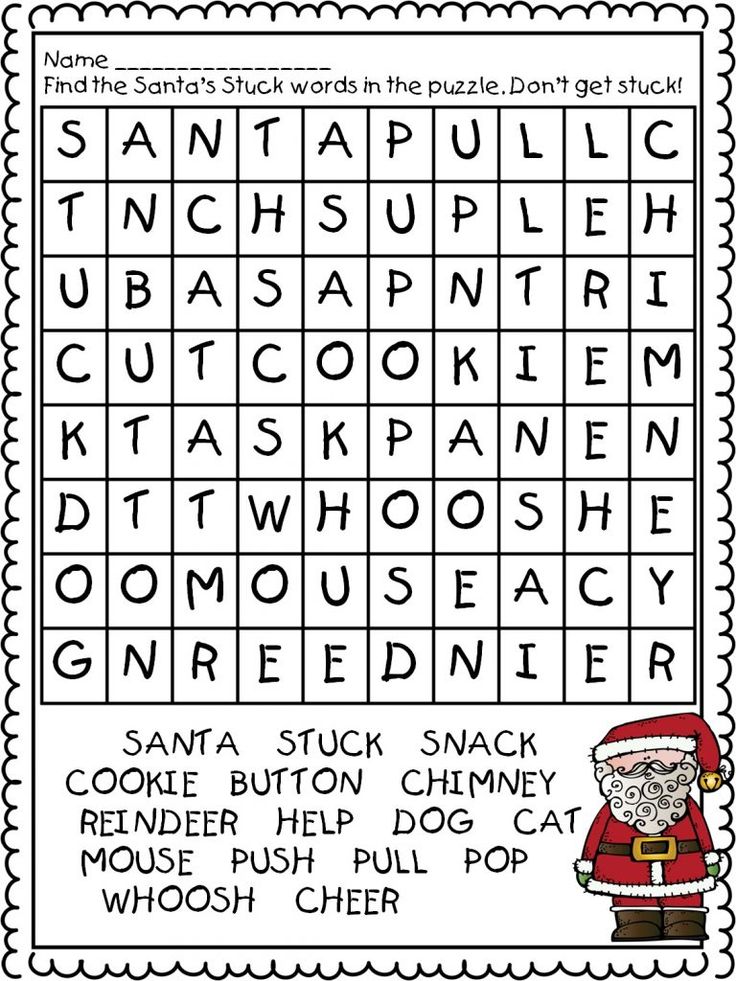
"Guess" . The child must guess the item by the name of its parts:
cabin, body, steering wheel, wheels, headlights - car;
head, horns, body, tail, udder - cow.
Think of a word. Will the child be able to come up with words starting with the syllables “li” (fox, leaf fall, lemon, linden, leaves, midget, lily, downpour), “ka” (porridge, helmet, drops, crucian carp, stone, picture, viburnum, gate , pan), “ve” (spring, broom, wind, rope, bucket, fun, fan)? Can he come up with words ending in the syllable "sa" (scythe, wasp, sausage, fox, princess, miracles)? Will he remember the words in which the combination “ro” occurs (king, crown, lesson, throne, rhombus, shelter, building, rose, feather, subway, pie)?
"Say the opposite." Give the child a word, such as "cold". The task of the child is to find the antonym word, which is opposite in meaning: “hot; "summer Winter"; low-high"; bad-good."
Find the mistake.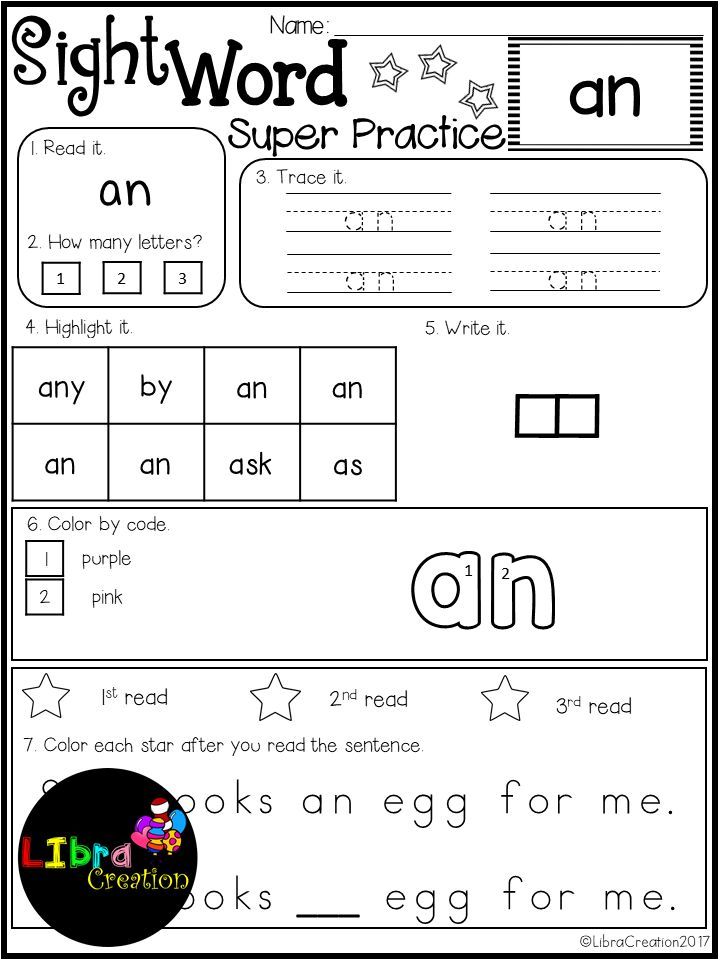 Read the sentence to the child, ask what fairy tale it is from and what is wrong in this sentence.
Read the sentence to the child, ask what fairy tale it is from and what is wrong in this sentence.
- Once upon a time there was a goat. And she had seven little kittens.
- Mom baked pies and asked her daughter Blue Riding Hood to take pies to grandfather.
- Nif Nif built himself a glass house, Nuf-Nuf - crystal, Naf-Naf - brick.
- The stove says: "Eat my cakes - I'll tell you where the swan geese flew."
- The wolf lowered his tail into the hole, sits and says: "Cold, freeze the wolf's tail."
Poker. This game is suitable for older preschool children. It is more interesting to play it with a group of children. The child chooses a name for himself from the kitchen utensils: a poker, a saucepan, a ladle, a plate, a cup, a fork, etc. An adult asks questions:
“What is your name?” - Ladle.
"What is your mother's name?" - Ladle
“What did you eat today?” - Ladle
“Who did you walk with?” - Ladle
“Who are your friends?” - Ladles.